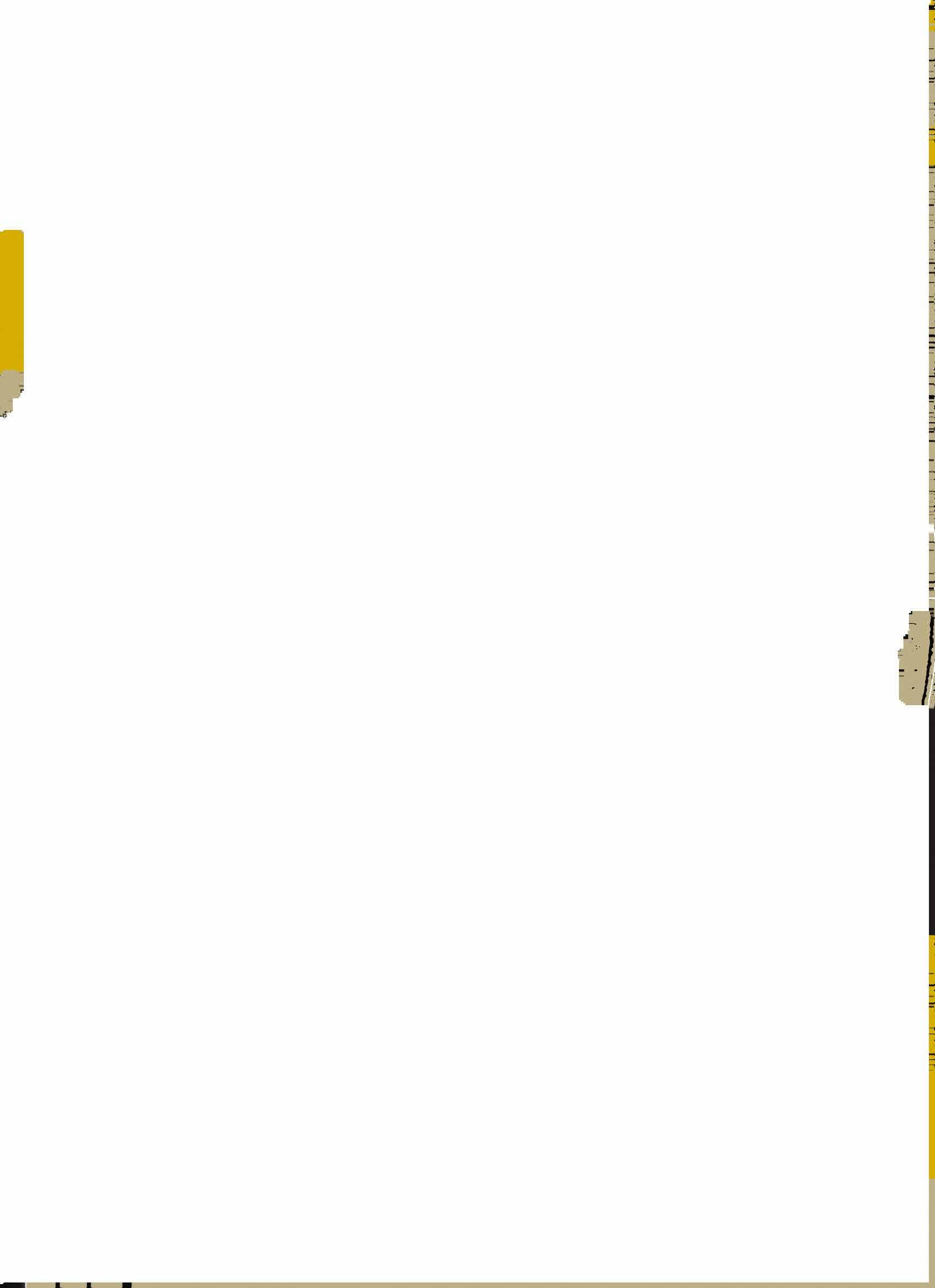
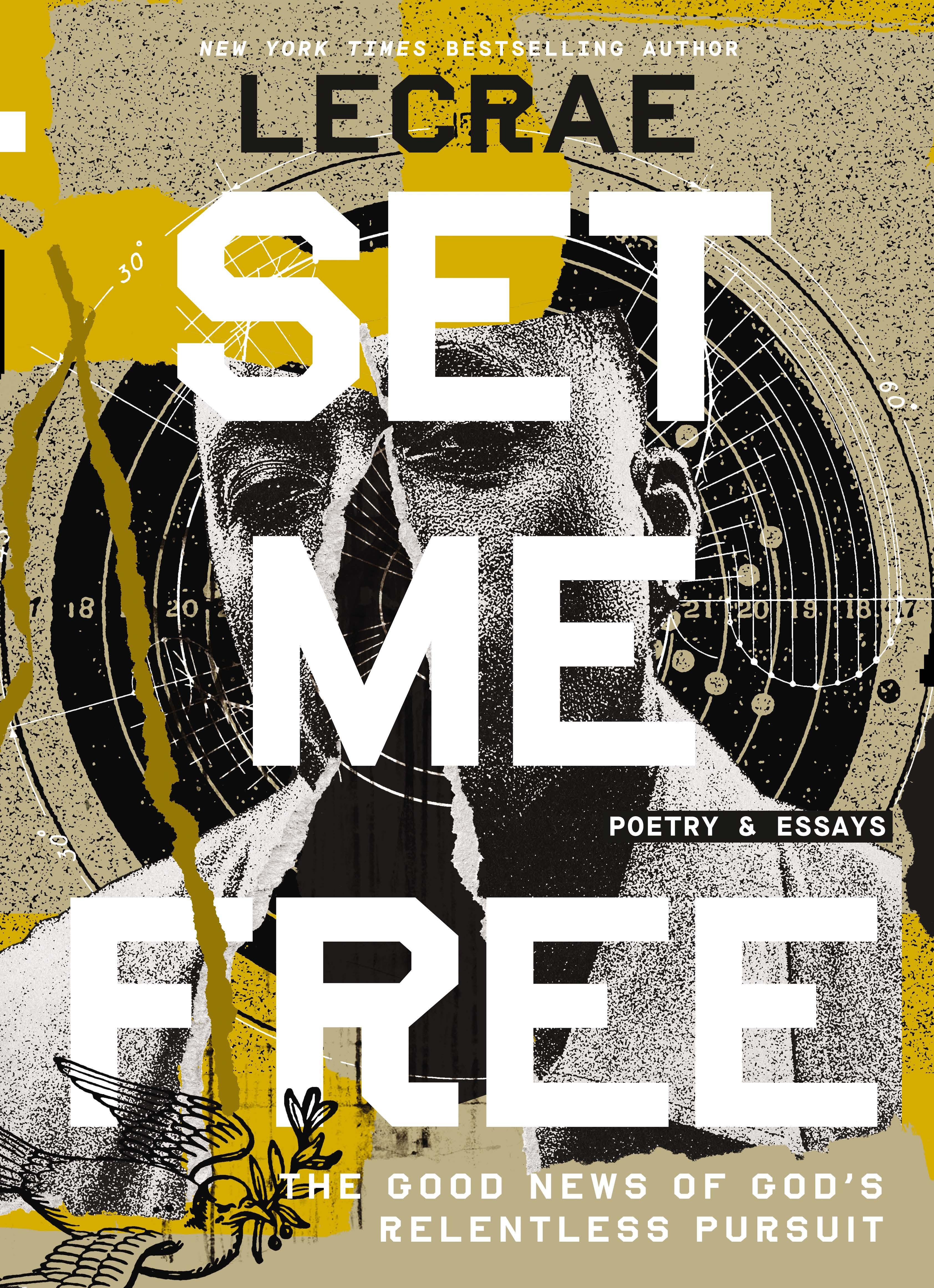
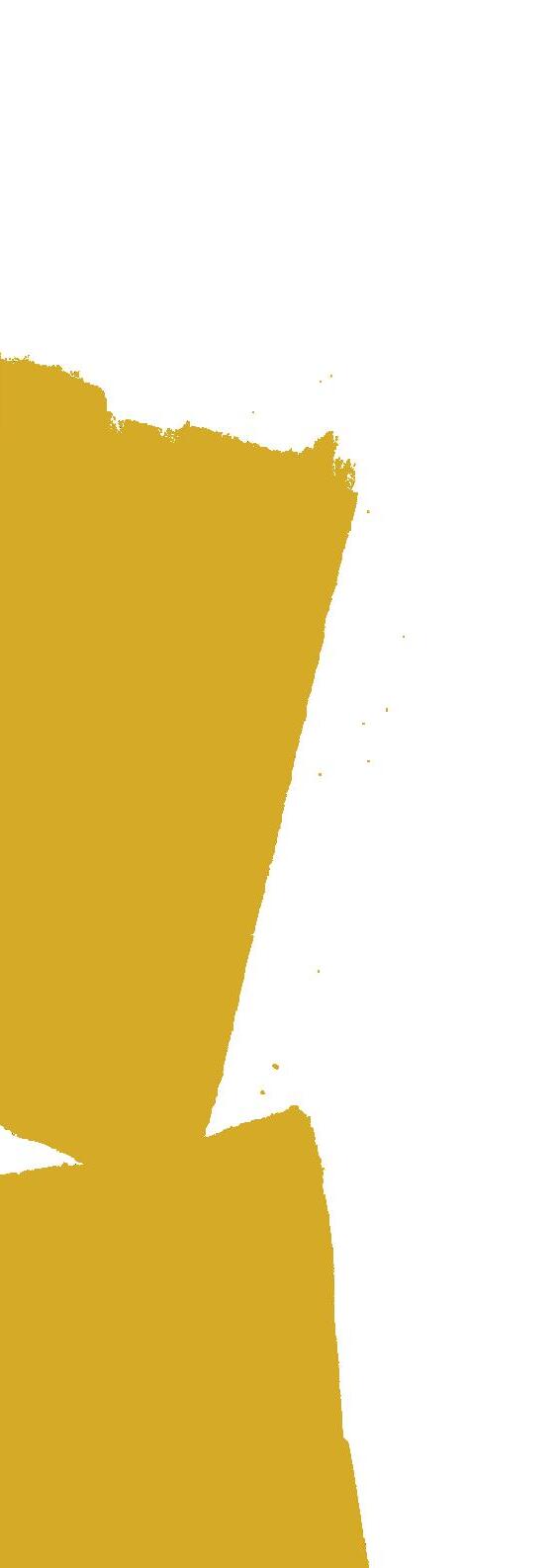

with Sharifa Stevens and Adam Thomason





with Sharifa Stevens and Adam Thomason
R E LENTLESS P u R S u i T POETRY AND ESSAYS
Th E Good N E w S o F God’ S


Copyright © 2025 by Lecrae
Published in Grand Rapids, Michigan, by Zondervan. Zondervan is a registered trademark of HarperCollins Christian Publishing, Inc.
Requests for information should be addressed to customercare@harpercollins.com.
Zondervan titles may be purchased in bulk for educational, business, fundraising, or sales promotional use. For information, please email SpecialMarkets@Zondervan.com.
ISBN 978-0-3104-6092-3 (hardcover)
ISBN 978-0-3104-6093-0 (audio)
ISBN 978-0-3104-6091-6 (ebook)
Unless otherwise noted, Scripture quotations are taken from the Holy Bible, New International Version®, niv®. Copyright © 1973, 1978, 1984, 2011 by Biblica, Inc.®
Used by permission of Zondervan. All rights reserved worldwide. www.zondervan. ” and “New International Version” are trademarks registered in the United States Patent and Trademark Office by Biblica, Inc.®
Scripture quotations marked kjv are from King James Version. Public domain.
Scripture quotations marked nkjv are from the New King James Version®. © 1982 by Thomas Nelson. Used by permission. All rights reserved.
“Church Clothes” © Reach Records. Used by permission.
Any internet addresses (websites, blogs, etc.) and telephone numbers in this book are offered as a resource. They are not intended in any way to be or imply an endorsement by Zondervan, nor does Zondervan vouch for the content of these sites and numbers for the life of this book.
All rights reserved. No part of this publication may be reproduced, stored in a retrieval system, or transmitted in any form or by any means— electronic, mechanical, photocopy, recording, or any other— except for brief quotations in printed reviews, without the prior permission of the publisher.
Cover art direction and interior photo illustrations: Tiffany Forrester
Cover photo illustration: Caleb Davis
Interior design: Emily Ghattas
Photography credits: Cover, Alex Harper; page 54–55 and 190, DC Studio/Adobe Stock; page 72, Underwood & Underwood/Library of Congress; page 96, Alan Lomax/Library of Congress; page 112–113, Нигяр Гусейнова (Nigyar Guseynova)/ Adobe Stock; and page 164, Harriet Tubman: Benjamin Powelson/Library of Congress; Frederick Douglass: G. K. Warren/The New York Public Library Digital Collections.
in Malaysia
Freedom is in our spiritual DNA. It was the ontological plan of Yahweh for us to inhabit a lush world and take care of it and one another. In the beginning, there were no statutes or tablets of stone; no prophets’ warnings, no cycles of disobedience, judgment, mercy, and deliverance. The family tree of humanity had just begun to bloom. In the beginning, there were walks with God in the cool of the day. There was no shame. Only one prohibition existed: don’t eat the fruit of that tree.
After our ancestors ate the fruit, the strife started in body and spirit. We covered ourselves and learned to hide from one another. We learned to separate and seek our self-interest first. We quickly discovered we could fault God for outcomes we created for ourselves. We learned to blame rather than confess. We created hierarchy. We learned how to kill. We learned we would die.
Other elements added to our DNA: trauma, fear responses, epigenetic stamps of what happened to our ancestors during wars and monarchies, enslavement and assault— comingling with markers for eye color and hair texture. Our grandmothers’ sorrow, our great-grandfathers’ PTSD, our parents’ addictions were tattooed on our strands, and our environments,
FREE do M BEC a ME a RECESS i VE
GENE i N T h E K i NGdo M o F T hi S wo RL d — a R a R i TY.
communities, and daily practices could activate or inhibit trauma in our genomes.
Freedom became a recessive gene in the kingdom of this world—a rarity.
But the truth is, freedom is ours. Our stories—the beautiful, the painful, the regrettable— can unearth the ways that God is at work to redeem the shackled parts of our lives, and through examining them with humility, curiosity, and most of all with the Spirit of God, we can claim the freedom that God is offering us.
I am a descendant of Adam and Eve, of enslaved people and enslavers, of freedom and bondage. My great- great- grandmother was Mandy Barnes Williams. She was enslaved. Her father was a white slave owner named Mr. Langston. Her son, John Wesley, worked in the home of the Langstons. After the Civil War, her descendants were freed. They stayed on the land. John Wesley married Alia in 1893 in Shelby County, Texas. He hauled logs and farmed to support his family and was “given” some land by the Langstons—his direct relatives, though they never admitted it.
Those are the facts but not the whole story. Assault, adoration, enslavement, abuse, emancipation, grit, and perseverance fill out the body of my
bloodlines. So much of what my ancestors experienced is lost to history, but my DNA bears witness, through my frustrations, addictions, griefs. My responses to challenges in my life are my own, but also echoes of trauma that God wants to surface so they can be healed and liberated too.
But I had to want that liberation.
Jesus found me through a college ministry in Texas. I loved what I saw in Jesus—He never missed a good dinner party; He healed lepers and blind people; He gave hope and honor to Samaritans; He evicted demons—He set people free. I wanted that. I knew Jesus offered me that. “Where the Spirit of the Lord is, there is liberty.”1 In His love, I was finally free.
But I didn’t live that way.
Unfortunately, I was given more chains along with Jesus, add-ons that came with the kind of Christianity I was discipled into. We—Black young people—were taught to scathingly critique Black churches for their eisegesis and paltry theology. “Good” churches had solid, academic theological stances, websites with sprawling doctrinal statements, pastors who spent hours poring over systematic theology books and commentaries, proper views on women in ministry. We mass- exodused from the faithful churches in our communities. The folks that discipled me
had me side- eyeing Martin Luther King Jr. (Never Jonathan Edwards, though.) I bought into the inferiority complex of the Black church because I was hurt by my broken home in my broken neighborhood that was full of Black churches. I wanted freedom and belonging that looked like prosperity, respectability, peace. I thought my efforts to be different—more scholarly, more theologically astute—would make me worthy. I wanted to pull myself up by my theological bootstraps.
I tucked in my shirts and pulled up my pants. I kept my hair in a neat fade. I enunciated every syllable when I was offstage. I read their books, I learned their ways. I felt like Moses, a Hebrew living among the Egyptians. Also, like Moses, I was pulled between the culture of my origin and the culture of my faith upbringing. I was constantly under a microscope; never quite good enough, but entertaining and useful. When I wore the mask, I got Pharaoh’s praise. My music reflected my bondage, but I loved being embraced by the people enamored by my “exotic” delivery of their theology. I felt like I finally belonged— which made it all the more detrimental when I wasn’t affirmed, when my blackness wasn’t affirmed. Terrible. It’s terrible to admit this. I was chained to a lie, and I wrapped those chains around me
willingly. My ancestors fought to take off chains, and here I had gladly shackled myself.
One thing about living in Pharaoh’s house, though: there’s always someone reminding you that you ain’t them. You still got that Hebrew accent that others you. You are reminded that you are a Hebrew, fortunate enough to be plucked from the rivers of ignorance and placed into Pharaoh’s opulent, benevolent care—as long as you act right. But at any time, if you act “wrong,” criticizing oppression, greed, or apathy for the plight of the people suffering right in front of them, they will no longer claim you as their own.
i wa S C hai NE d T o a L i E .
That time came for me when I saw a fellow Black person named Trayvon Martin murdered. I spoke up and was rejected by the community I was part of. It was devastating and disorienting. I had to leave this community if I wanted my soul intact. Exodus.
The blowback I received, the violent excitement of the pile-on of people who were in my corner as long as I never spoke up about racial violence and racialized disparities in this country, sent me to
i T T a KES a L i FE -
T i ME T o
u N do T h E
i NTR i C a TE
B o N d S o F T h E ENEMY.
the wilderness of myself. I found myself examining everyone and everything: Does God love me, as I am, a Black man? Who and what do I believe? What am I willing to stand for? What lies and beliefs must I tear down in order to experience freedom?
My time in God’s Word has taught me the wilderness is a faith-strengthening place and a place of testing. The wilderness is where the Hebrews waited before their deliverance into the promised land. It’s the place of Jesus’s testing, before calling His disciples and beginning His ministry. For me, the wilderness is where I wrestled and contemplated and confessed before stepping forward, freer. I’m not going to claim that I am living fully free—not yet. It takes a lifetime to undo the intricate bonds of the Enemy, the self, and the oppression of society—but I know that Jesus has set me free, and I wanna live in the truth of that liberation more and more each day.
Freedom is in our DNA—it’s God’s intention for us, it’s empowered by the Spirit, and we have access to it on this side of the fall through Jesus. If you haven’t accessed the freedom that’s yours, that’s okay—there’s hope for you inside these pages. I pray that the poetry and essays here can help you identify the hurt of your past or present or recognize the chains you were taught to wear to be godly. And if, like me, you have
mistaken Pharaoh’s house for the good God who loves you, I hope this book can help you to start separat ing the one from the other in order to move to freedom. Let this book take you on a journey through the wilderness, sorting through your questions and relying on God and discernment to figure out where to go next.
Set Me Free contains poems and reflections— grouped by themes of confession, lamentation, resistance, and persistence— on what kept me in chains, how I am getting free, and thoughts to challenge you to reflect on your own journey, in hopes you are led to freedom. Set Me Free is not a map for the wandering, but insights, thoughts, and cautionary musings from my soul, to reassure you that you’re not alone in your disillusionment, your anger, your worship, your questions. We are on a journey, not to freedom but to believing in the freedom that is in our DNA.
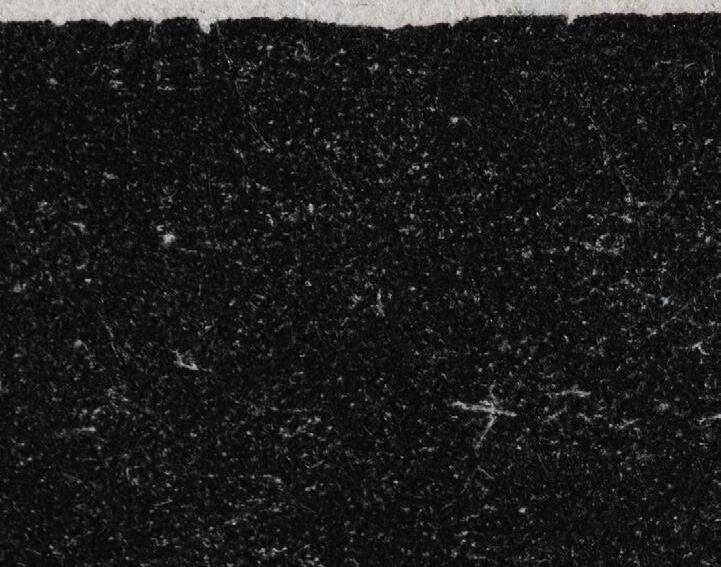

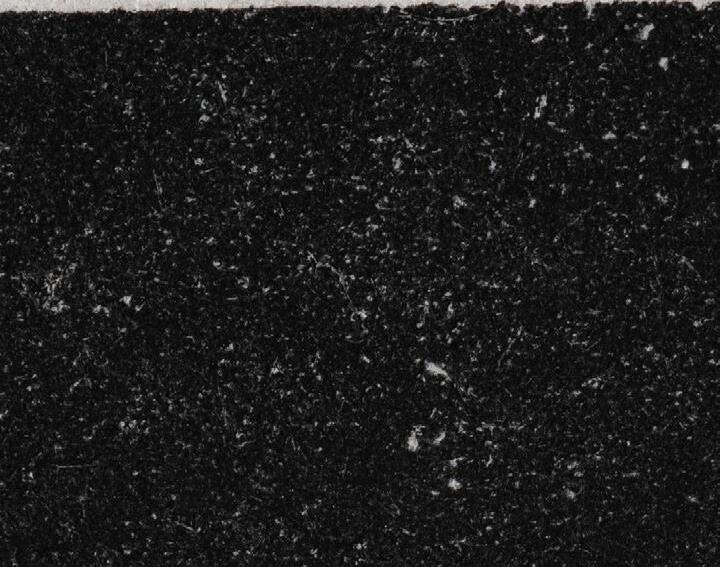
DOES GOD LOVE ME, AS I AM, A BLACK MAN? WHO AND WHAT DO I BELIEVE?
WHAT AM I WILLING TO STAND FOR?
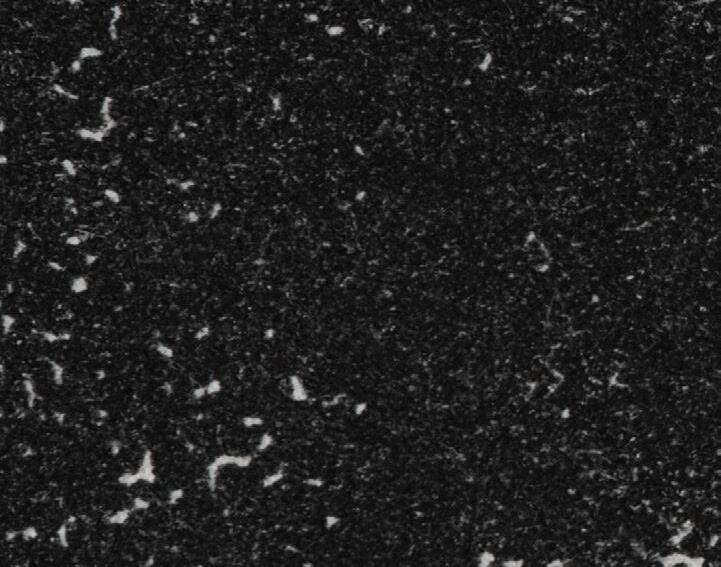
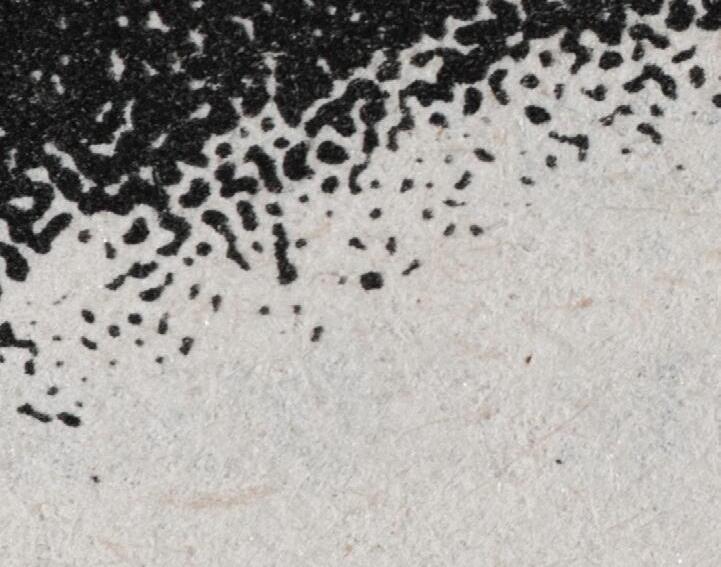
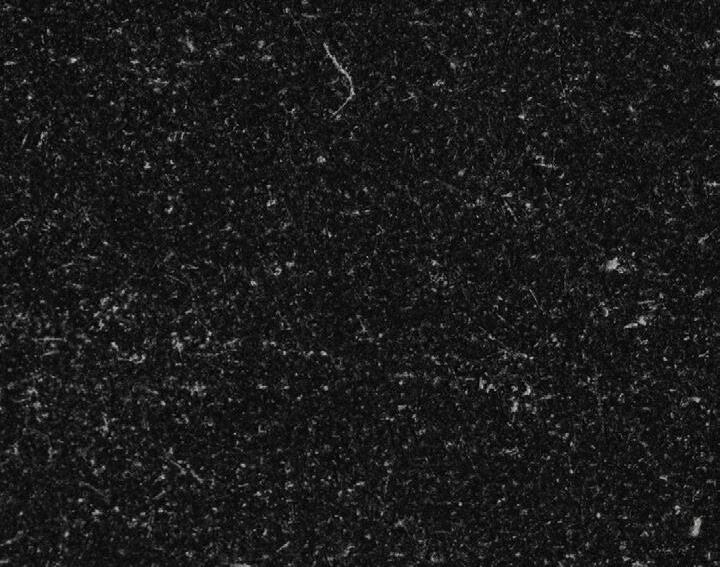
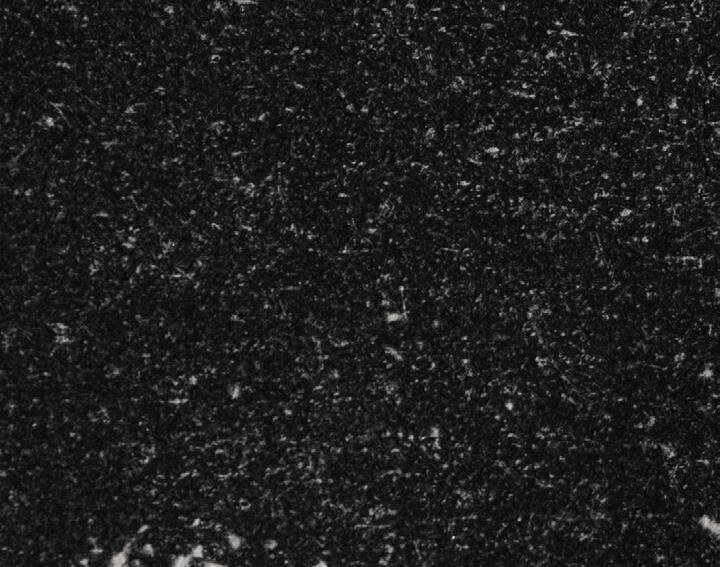
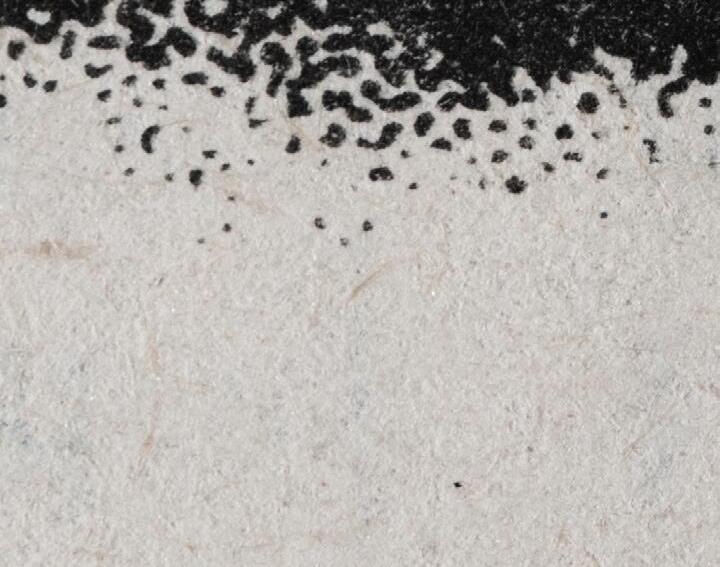
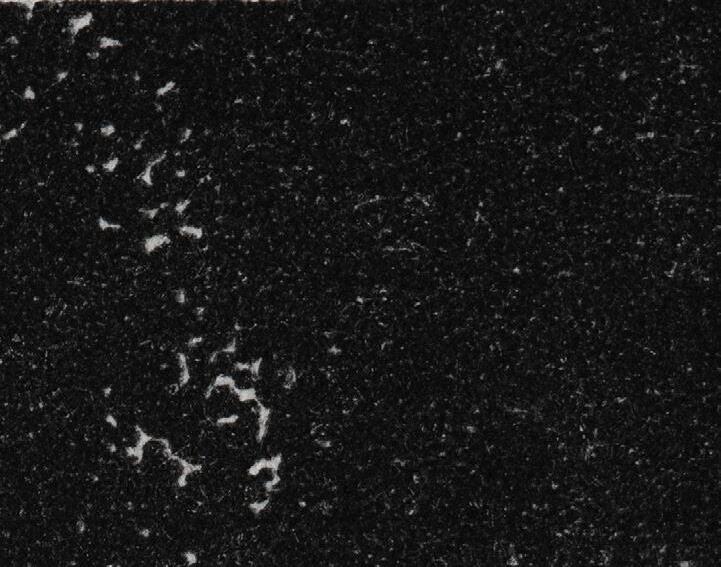

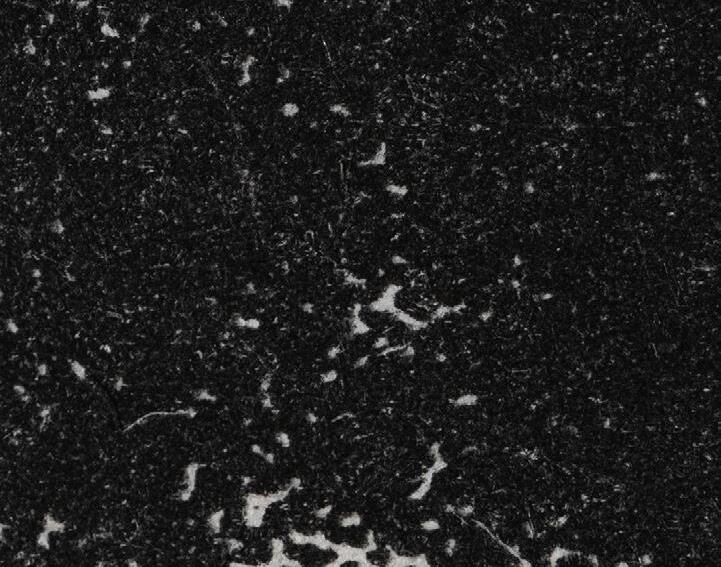
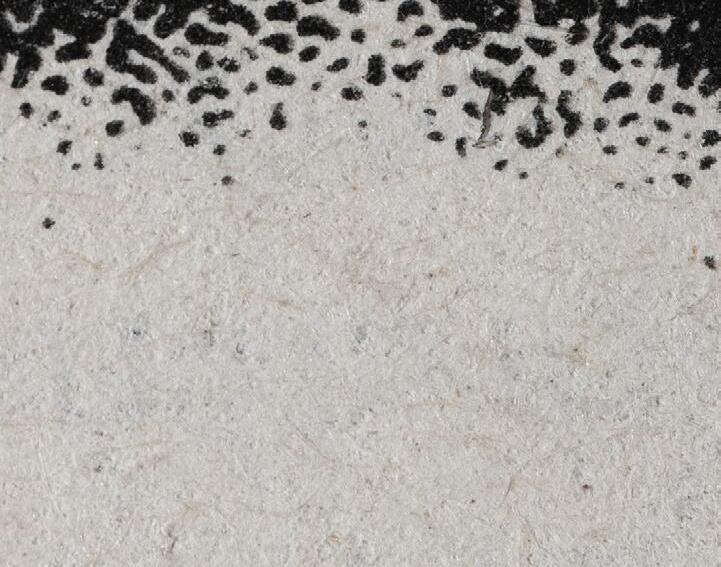




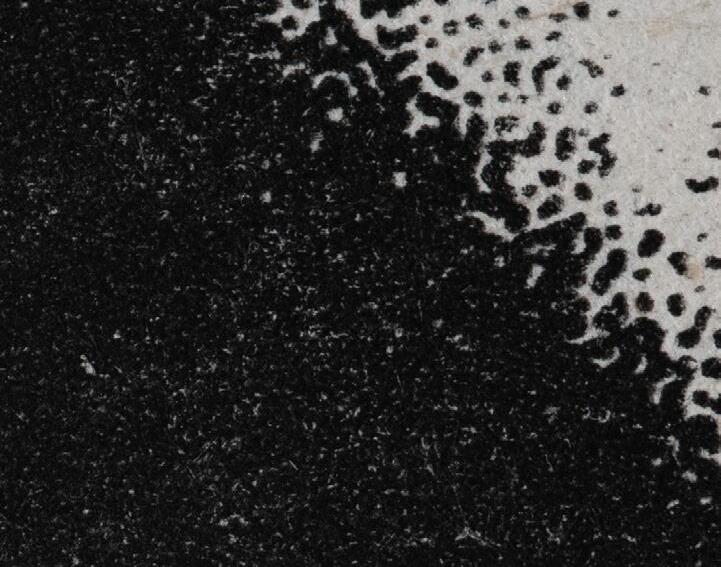
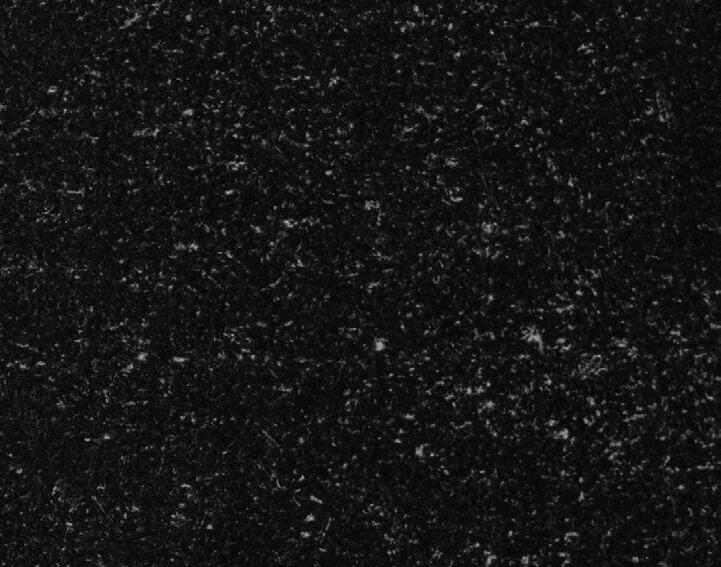
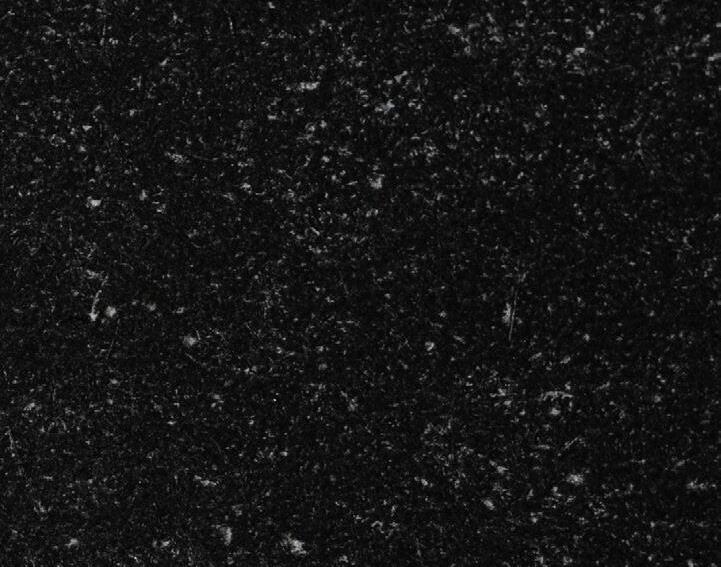
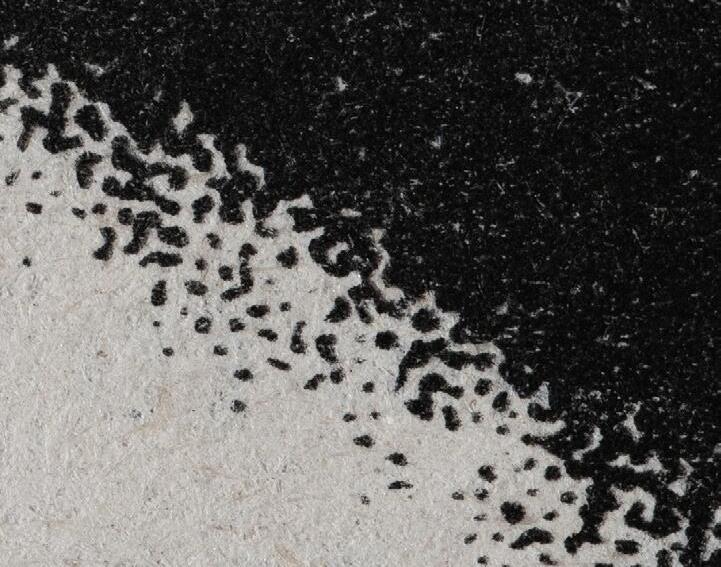
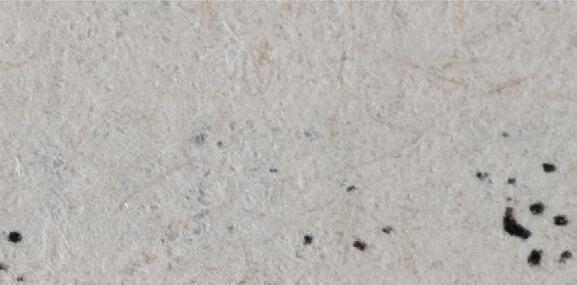
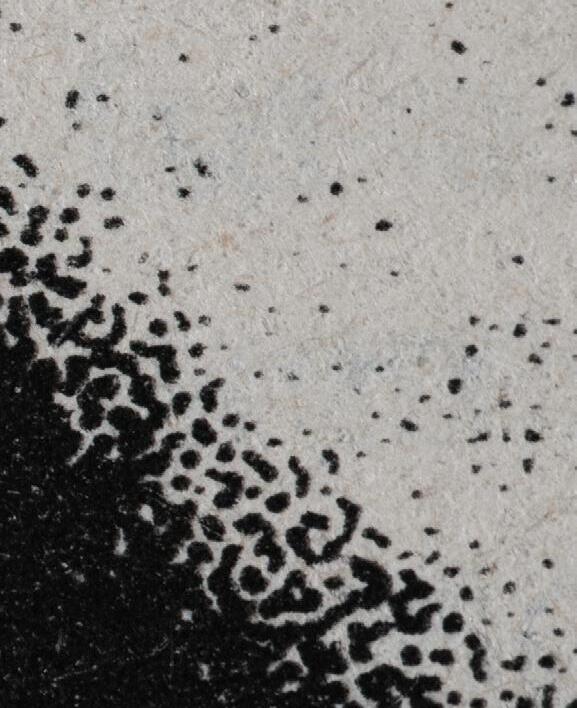
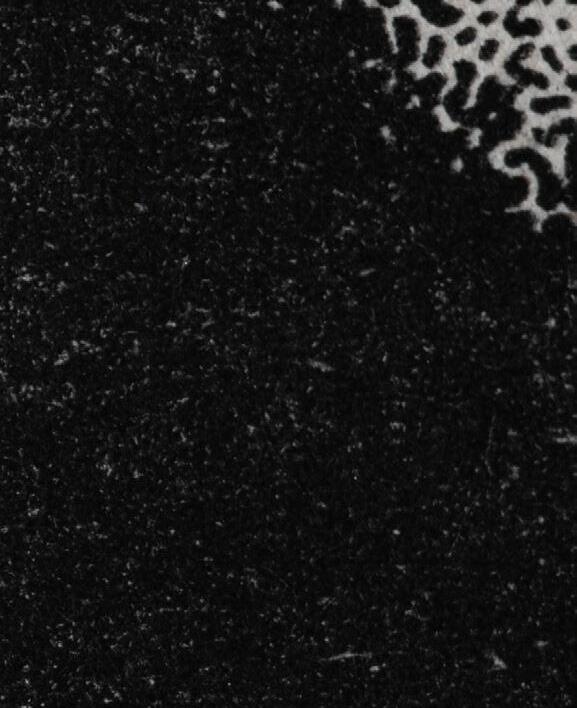
WHAT LIES AND BELIEFS MUST I TEAR DOWN IN ORDER TO EXPERIENCE FREEDOM?
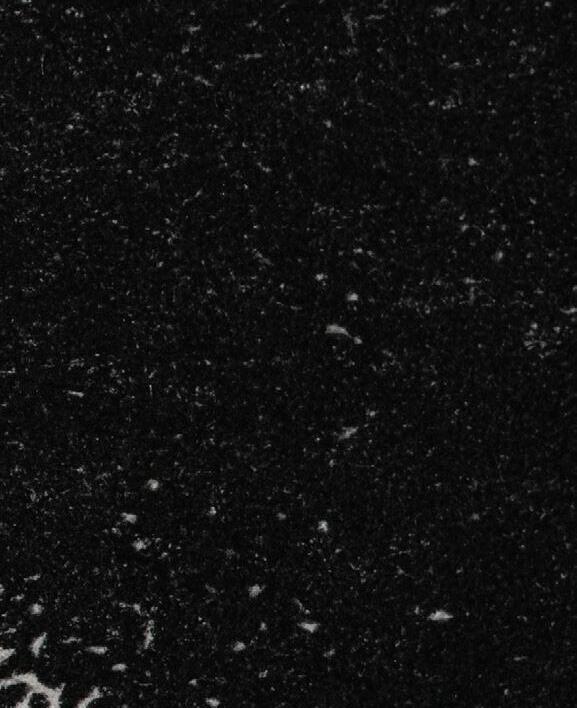
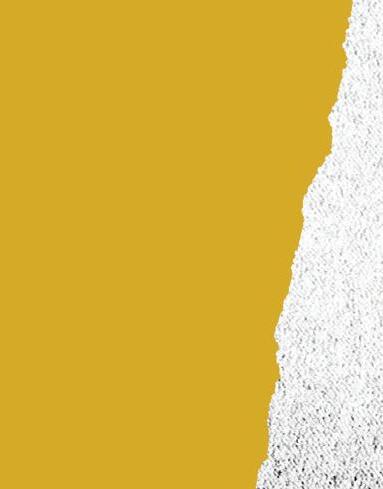
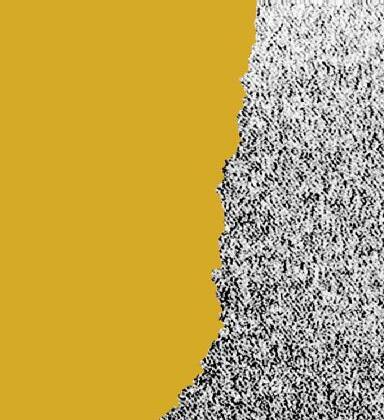
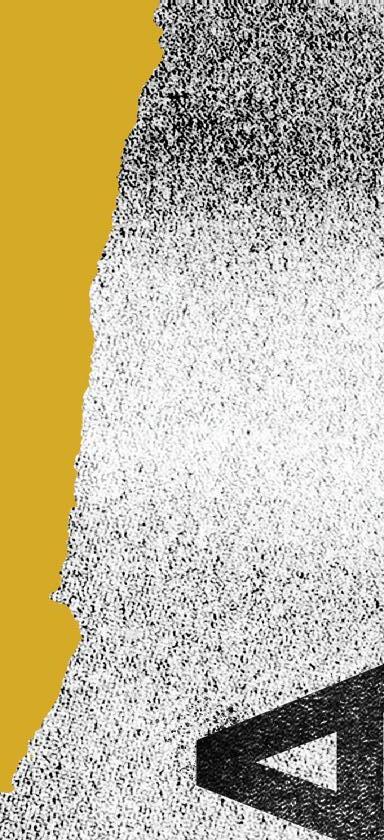
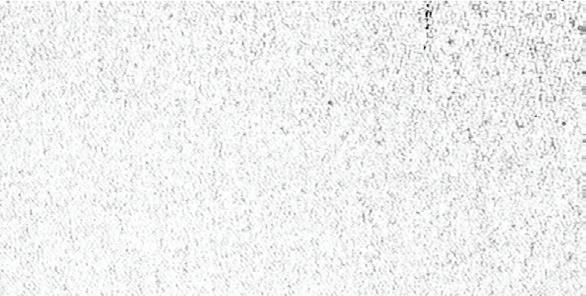
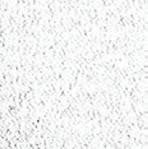
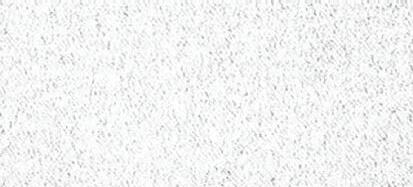

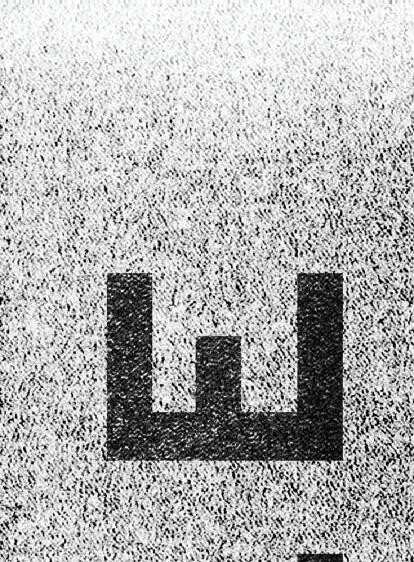
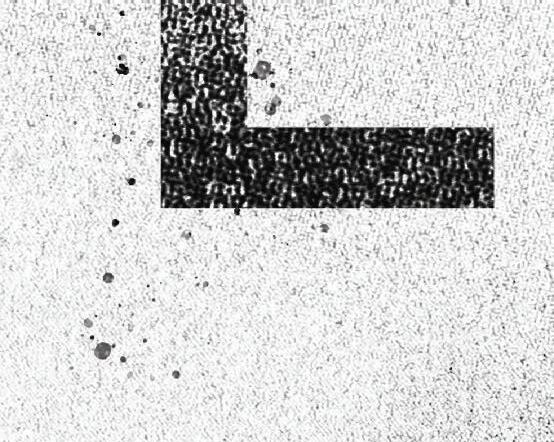
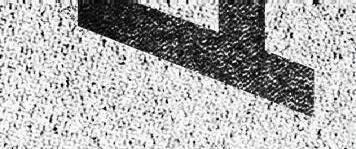
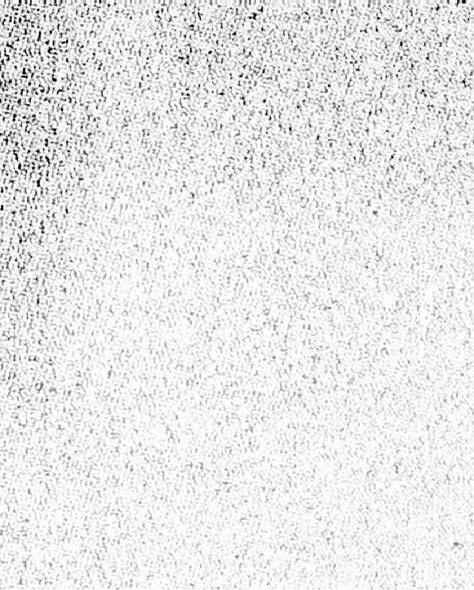
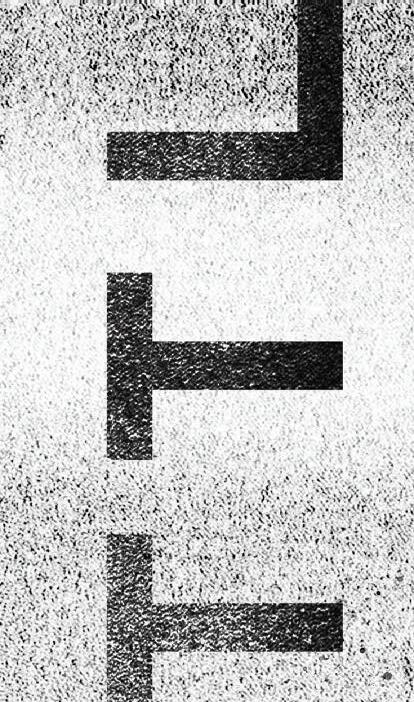
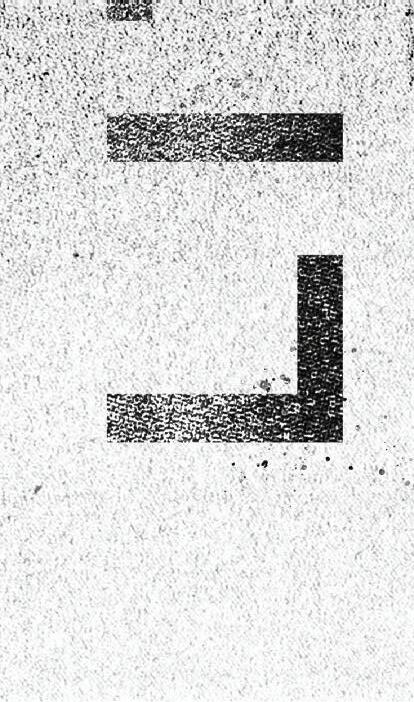
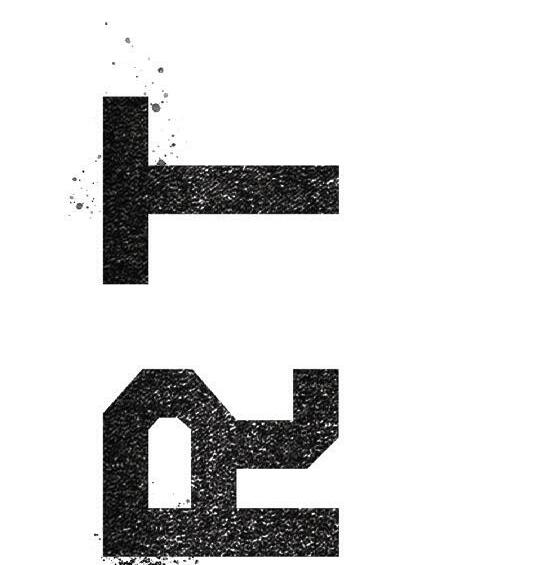
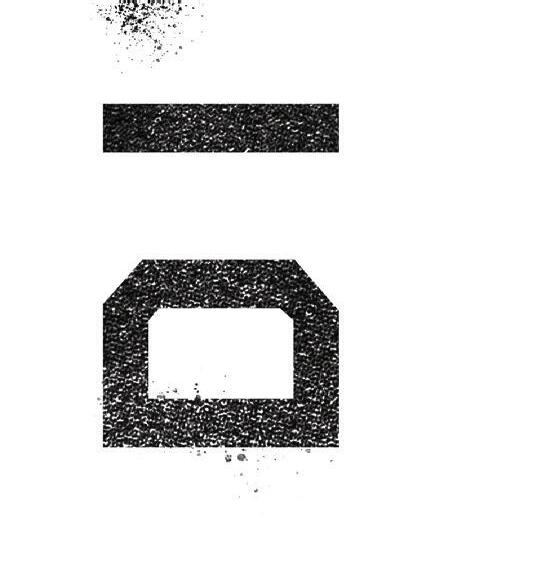
There was cocaine in my bloodstream. Probably why I couldn’t sleep.
I breathe death in and out my lungs, praying God will help me rest in peace.
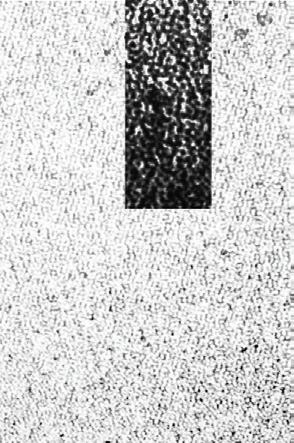
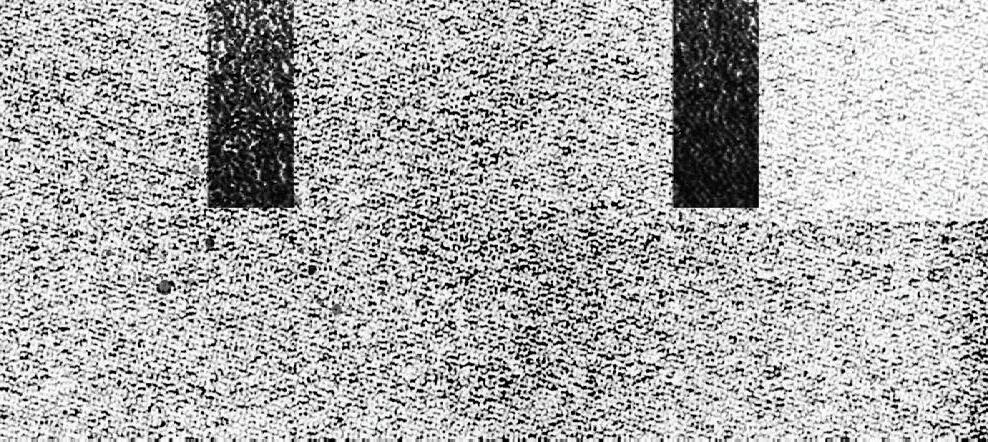
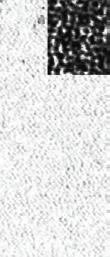
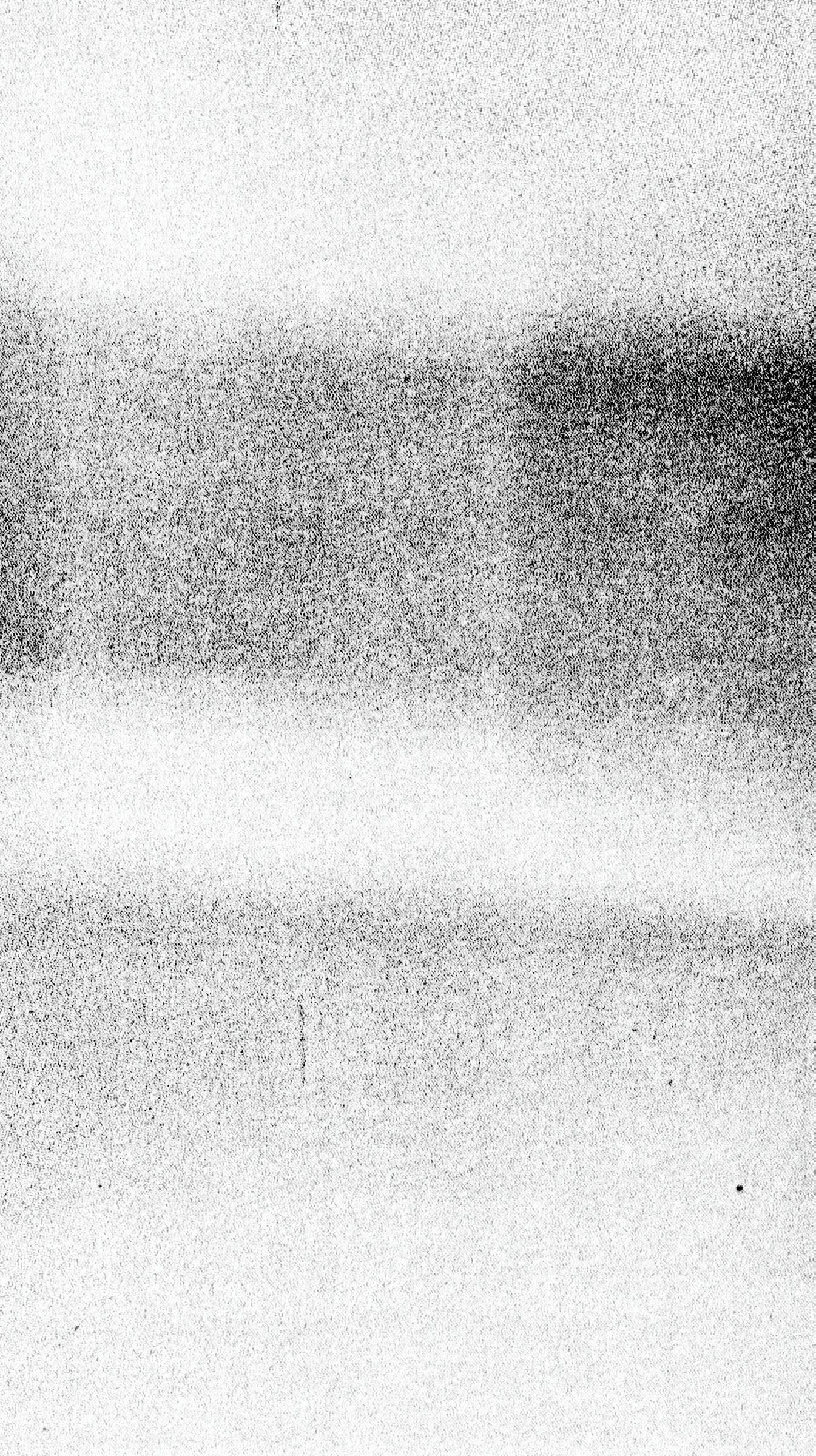
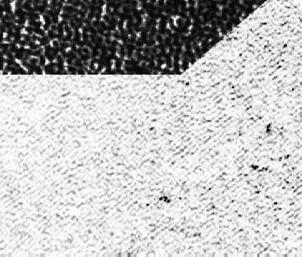


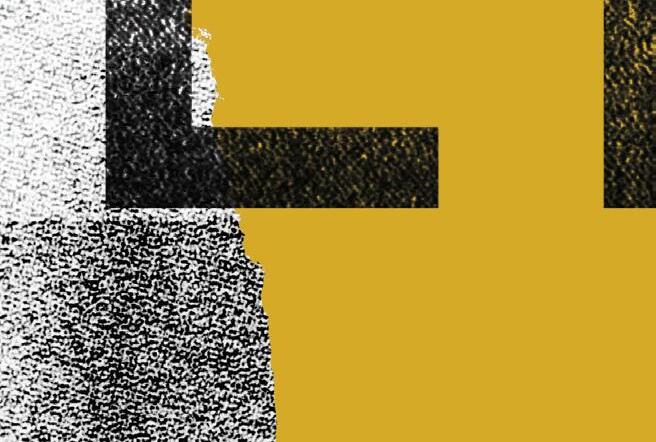

Hear the sound of a hollow heart only beating for sin, always empty within.
Dark cloud on doomed soul can’t hear the cries, I’m keepin’ ’em in.
They say obliviousness is bliss, huh, and truth brings torture. Is all the information I’ve acquired just my sad misfortune?
Can anybody tell me tell me what’s the point of living? Are we just a bunch of molecules with no sins to be forgiven?
I guess it’s dog-eat-dog, kill or be killed, and survival of the fittest now. No creator, that means no purpose, no reason to keep livin’ now.












Deep down I wanna matter, I want purpose to this shallow life. Problem is I gotta problem tryna leave the darkness for the light.




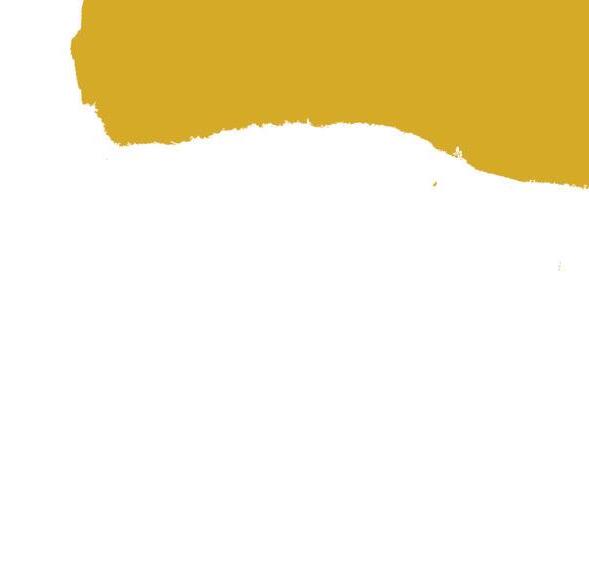


I just wanna be happy but I guess I’m selfish. I’m only hurting my family, hurting myself.
It really ain’t no benefits somebody hollerin ’bout Jesus.
But I don’t believe it. Where He at? Why He leave me so cold on the roof with a hand fulla roofies?
But ironically I’m so low.
I know He got to be real cuz if He not then why am I here?
A cosmic accident or just happenstance? this shallow life. I guess I’m selfish.


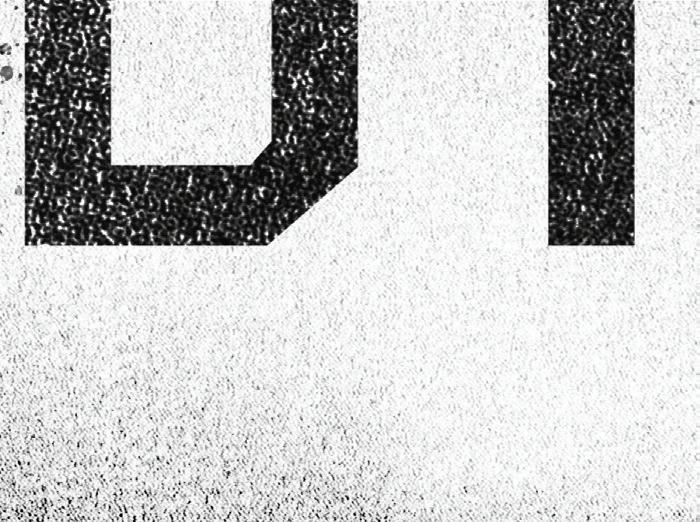
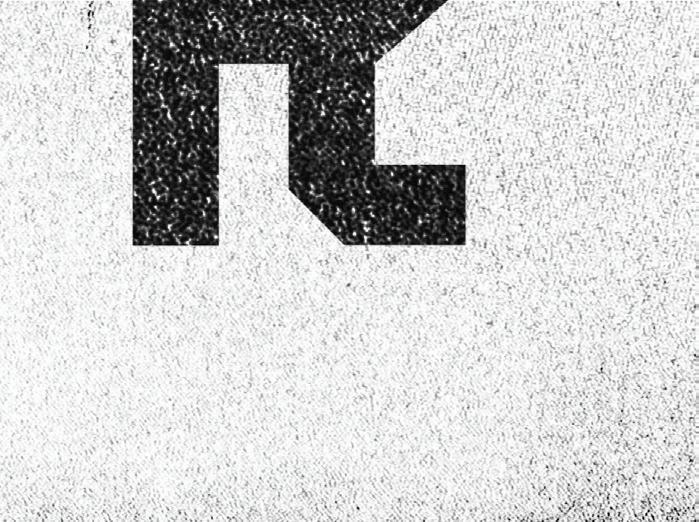

If so, then why do I care?
If it ain’t no God, then it ain’t no good. If it ain’t no good, tell me why this agony is so bad?
Playing Russian roulette with my life after death— please stop me. Cuz I don’t really wanna do that.
I just wanna end the damage that I feel.
What’s my purpose? How can I heal?
I put my trust in life instead of trusting Christ.
Sittin’ here with my life in my lap, close my eyes and I’m on the other side. Is it heaven, is it hell, should I take that chance?
Dear God, Imma open up—
I’m feelin’ lonely. I don’t know if Imma make it but I’m fighting back slowly.
Lemme get this here straight: You already laid Your life down.
You already gave Yours up so I ain’t gotta take mine now.

I’m sure that’s how I got here, but I feel like I can’t turn back.
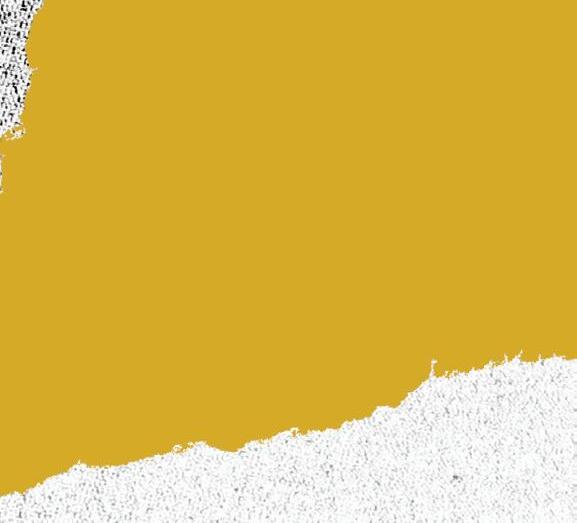
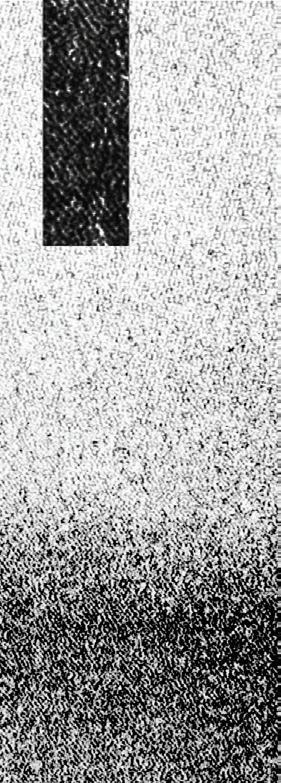
You walked to Your death— wasn’t quick, wasn’t painless.
Everybody pointing fingers, but You the only one blameless. It’s like I see You looking at me with my name

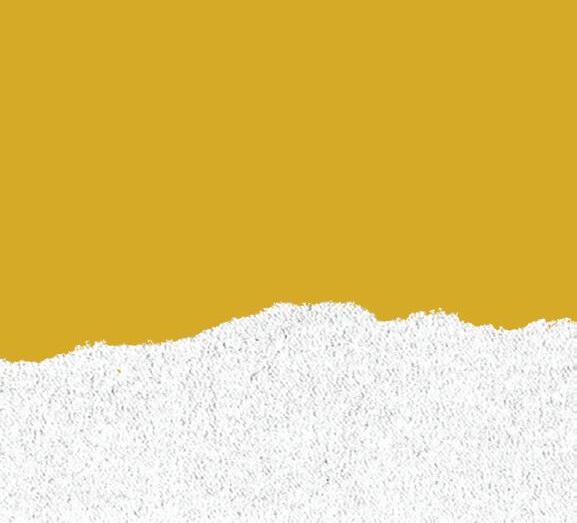
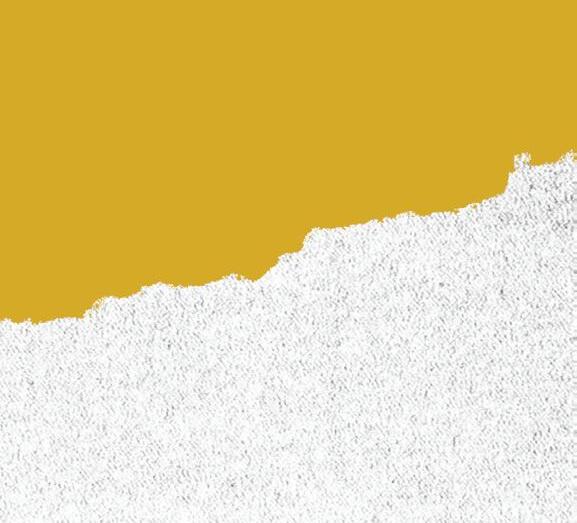
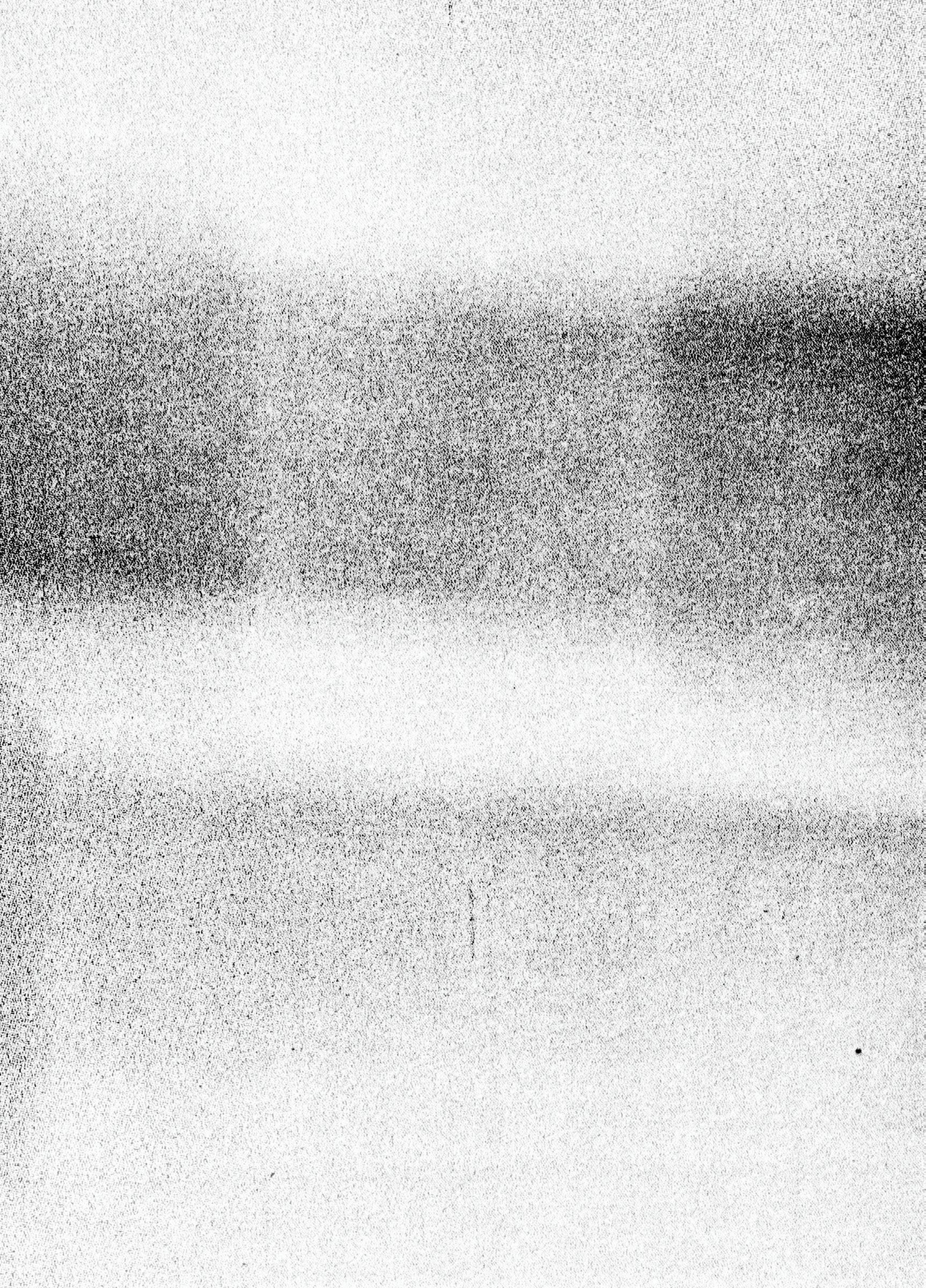

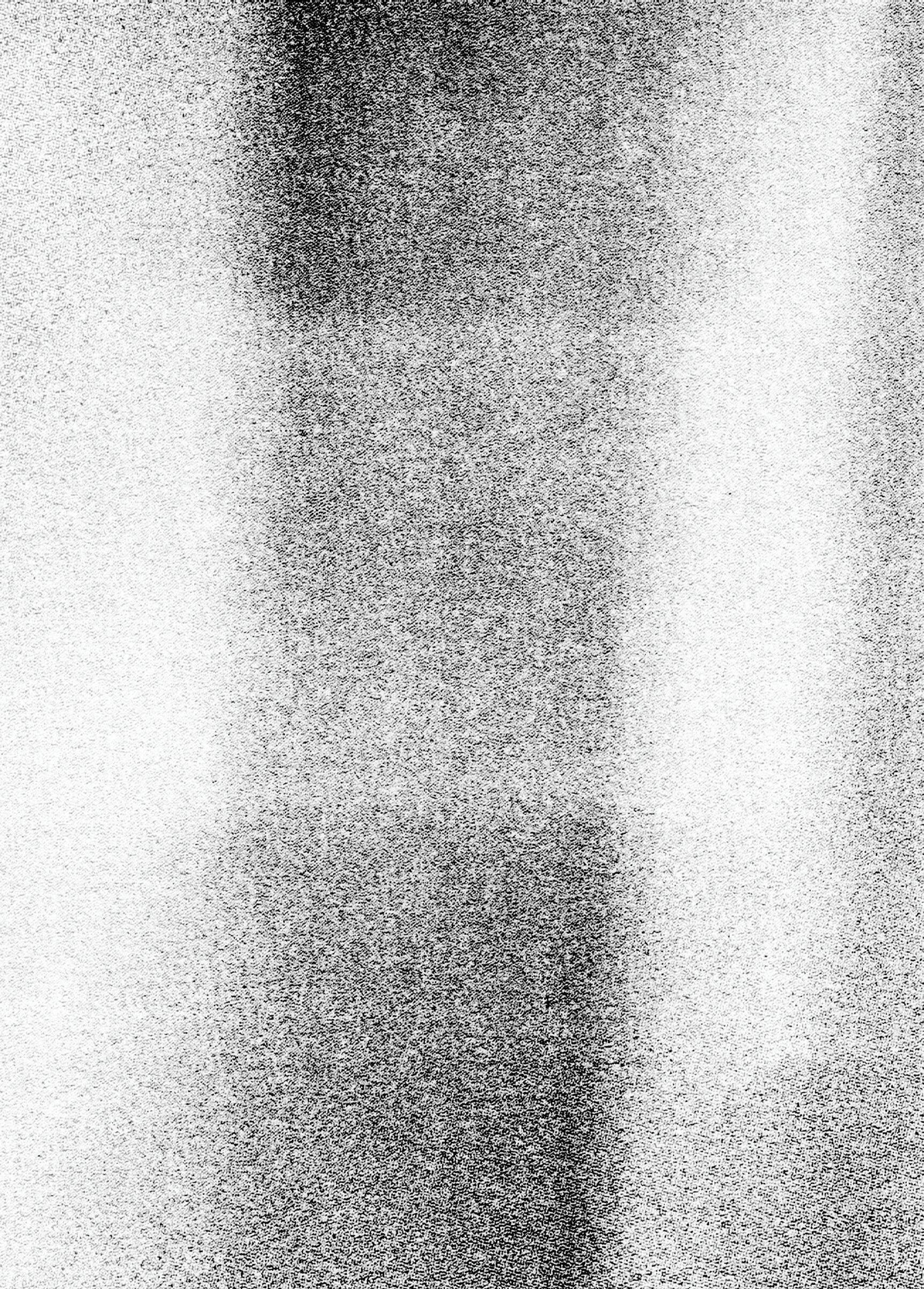

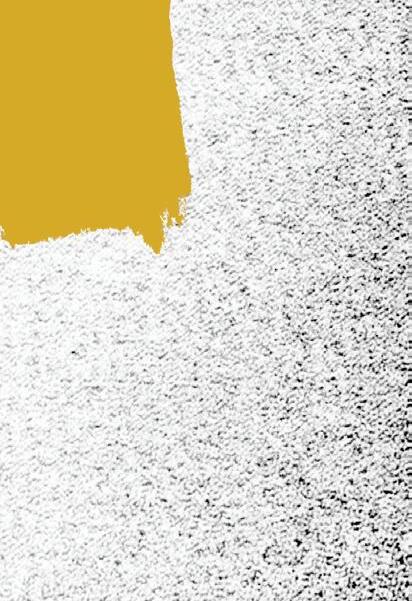

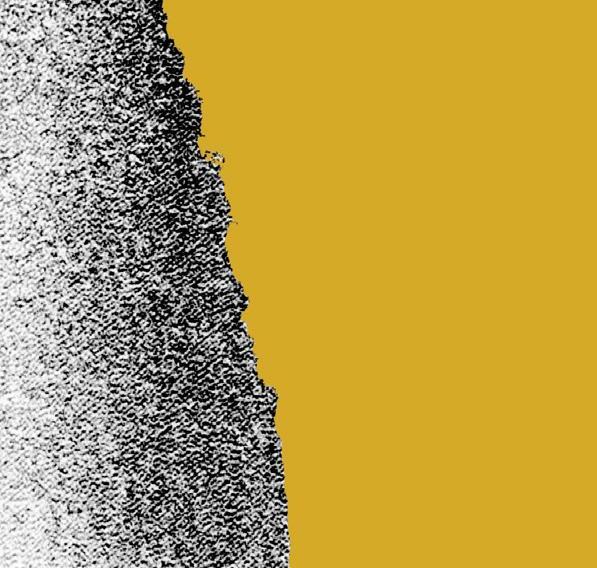
written in Your blood, and You died so that I can live and You did it all outta love.
I was bought with a price. If I take my life then I waste my life.
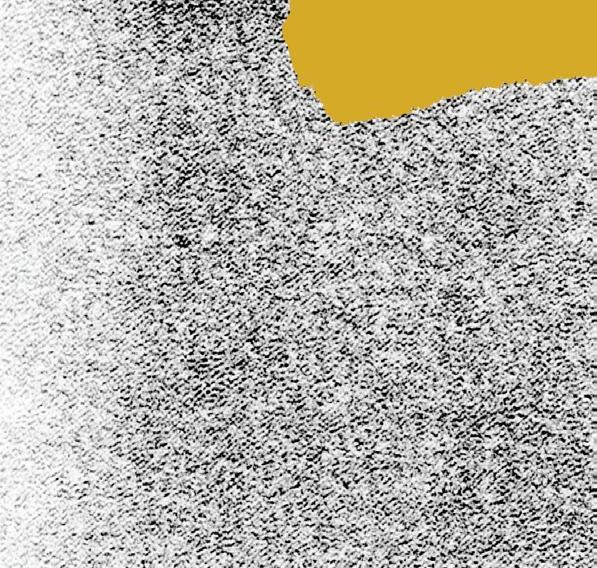
And next one’s better. Imma face this whether every day feels good or I hate the stormy weather.
I know You made me for some reason. I’m more than flesh and blood breathin’.

If I love this world then I hate my life. I mean who’s to say that He’s the one that I should run to?
Aww, who am I kidding? I know it’s true, but I don’t want to.
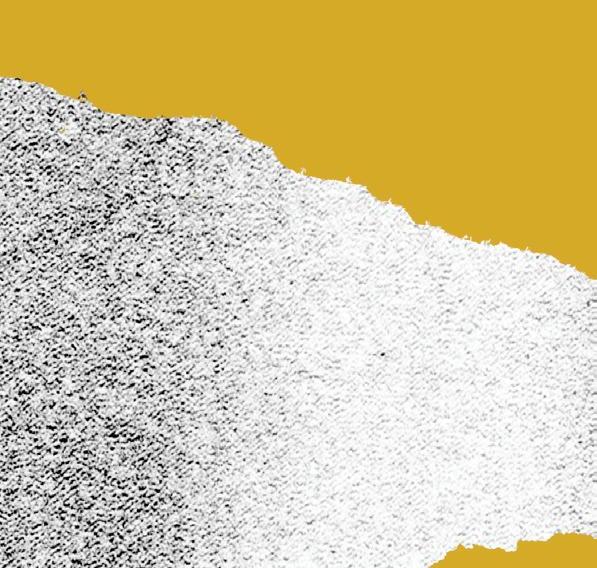
I run to it, I run through living fluid, ain’t nuthin to it. Just listen to me. Let the water wash the blood off of our hands. Let it affirm that I mean what I’m sayin’, what I mean when I’m sayin’ I’m sinning.

I pray to God for the faith to believe that in Jesus I can find freedom. I need Him.





I was made in Ya image, and You gave me no limits.

Stuck in these chains when I re-emerge, I’m coming up saved symbolizing my change.
Chains hang on my tired, blood-stained hands, hangin’ on by a small strain.

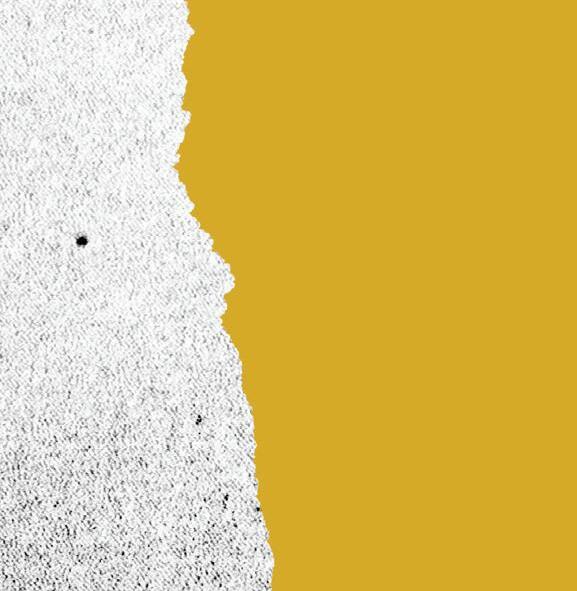
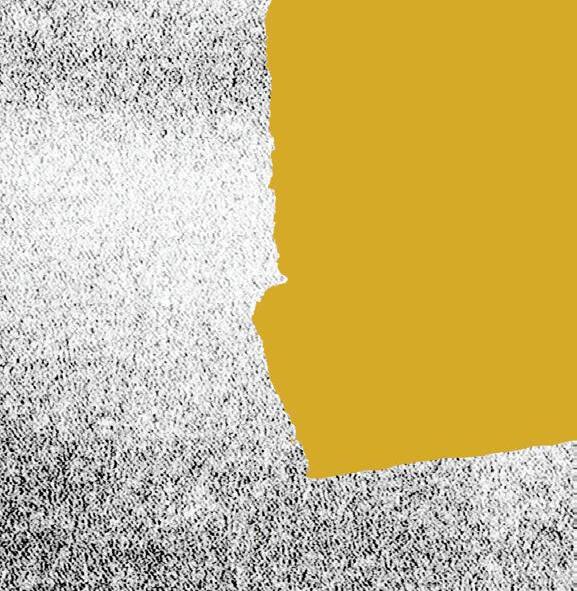

Mental mind frame stressed out, they tell me I’m blessed now in heavenly places, but here on earth it’s just sweat now, tears now, death now.
I run to the river, no regrets, drown me in forgiveness, all I confess.
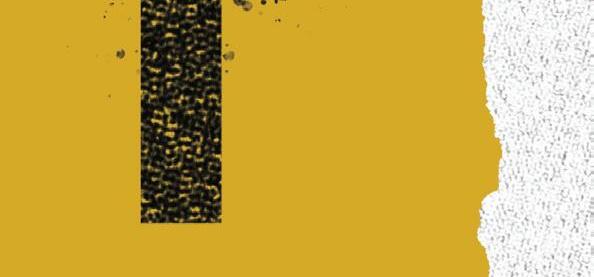
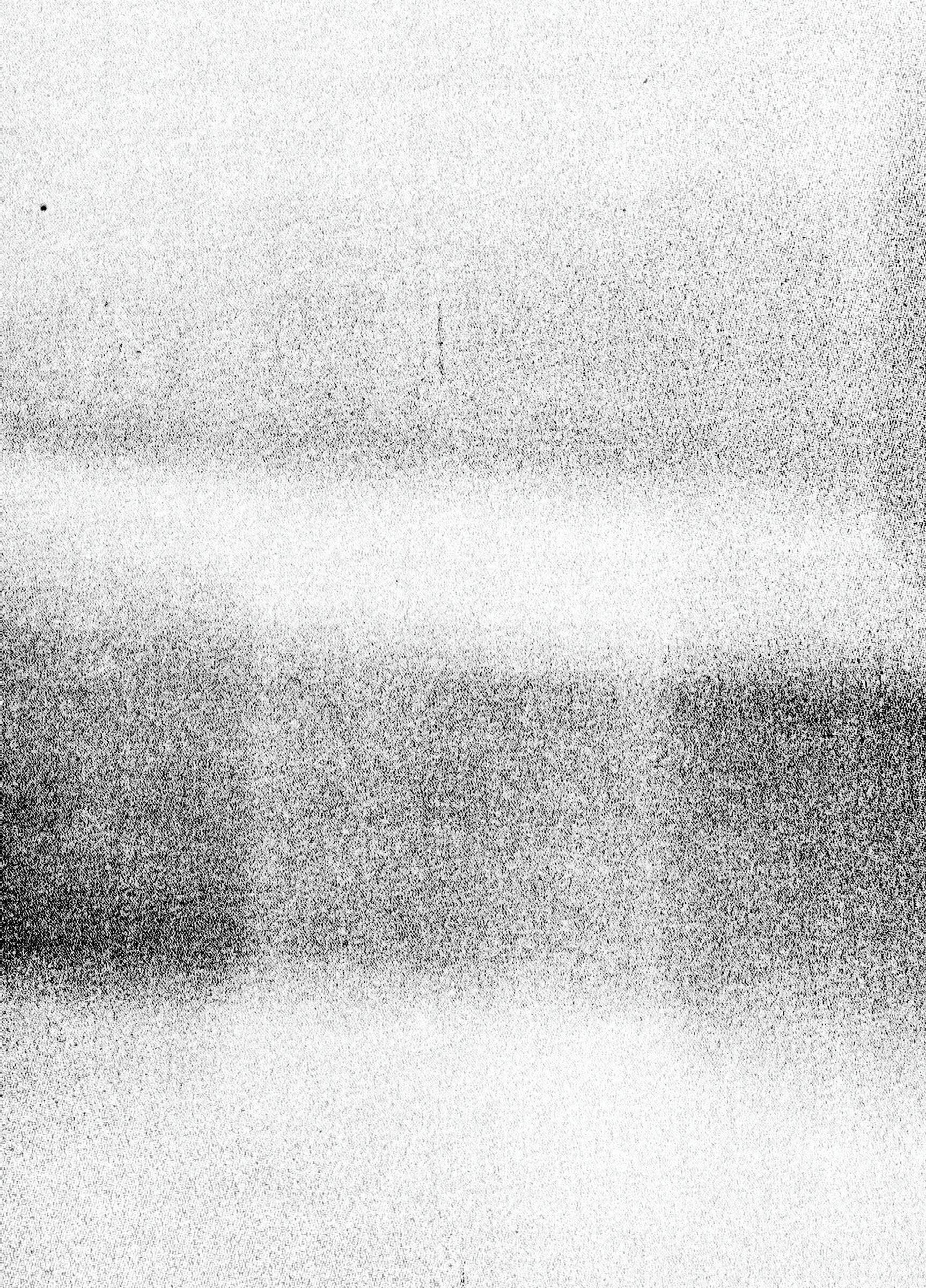
Endured pure evil, deceitful people, I’m weak and feeble.
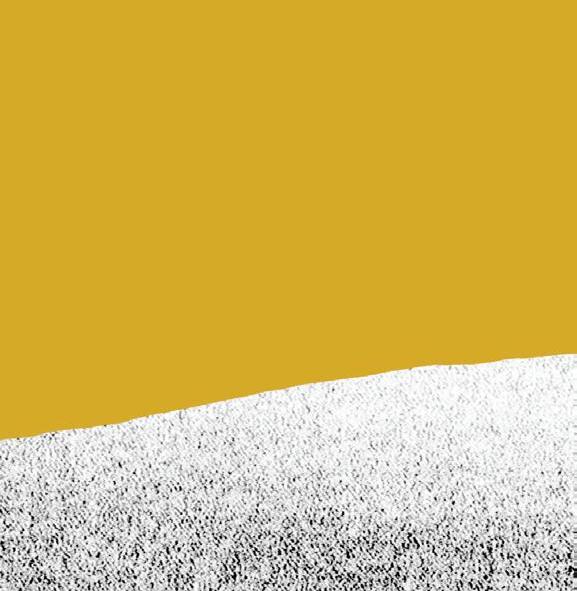
I run to the river where dark becomes light and the sick get delivered. I run to the water that can wash away tears of our daughters.
I run to it—suffering, sick, and enslaved. Dip me in, symbolizing my change.
I pray it wash the blood off my hands. I pray heal the heart of this man.
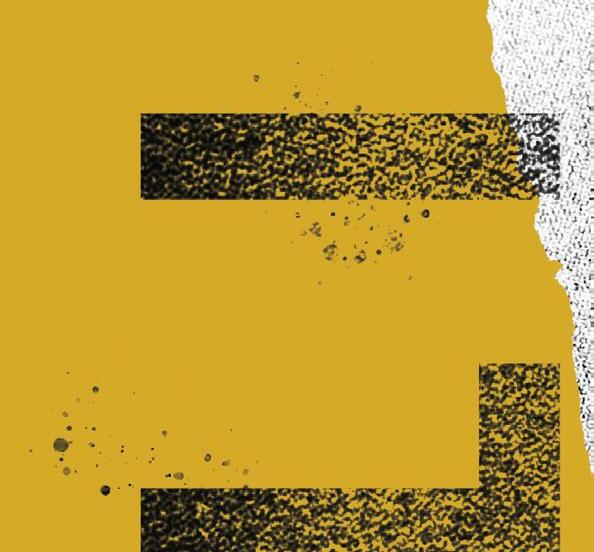
I’ve been swimming upstream tryna fight for freedom, but now I drown down in the Jordan River of redemption.
Water of new mornings. Swimming in new mercy.
No more dying of thirst. This water works.
I’m in feet first, heal my hurts. Bloodiest crime is like a lil dirt. Let the water wash away the curse.
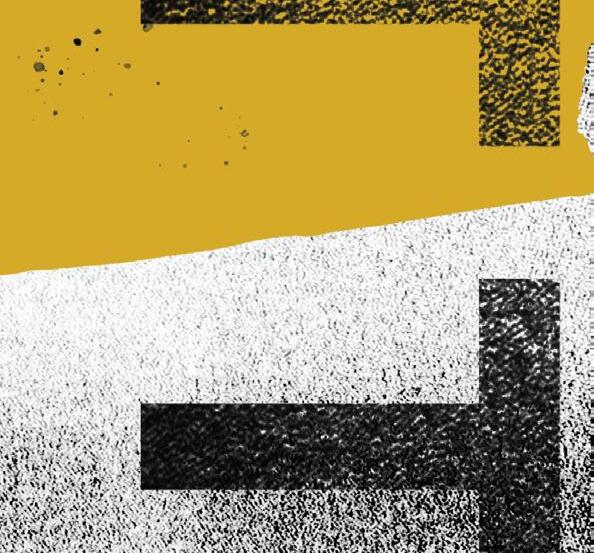
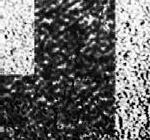
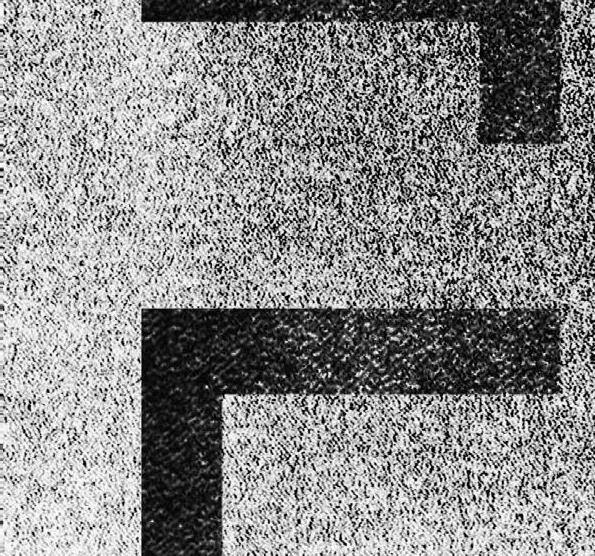
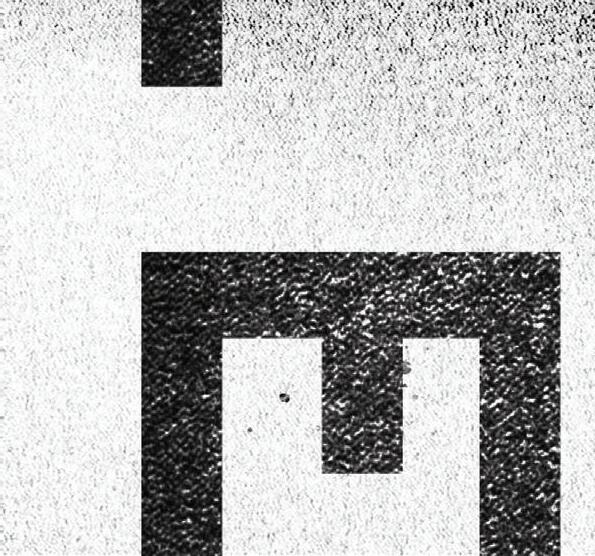
NO CHURCH IN A WHILE _ NO CHURCH YOUR CHILD. / I’M PANDEMIC-ED TO SO FOUL. / I WAS TRYNA HELP MY MINUTE, BUT YOUR PEOPLE CALLED NOT TO LISTEN. / I THOUGHT WE KIN / DEEPER THAN OUR SKIN. / I BY IT FOR OUR DEEPEST SINS. / A MIN / PARTIALLY BECAUSE I’M LET ME IN. / I BE FEELING LIKE THEY MY WORDS UP TO BAIT ME / AND I THAT’S DRIVING ME CRAZY. / BUT IF PASSIONATE ’BOUT MY PEACE. / I BUT SOME OF IT RESIDE WIT’ ME. / TORAH CLUB OR A CHURCH. / AFTER IF I NEVER SEARCH, / BUT I NEED / HOPEFULLY WE FIND CONSENSUS
IN A WHILE. / GOD PLEASE HELP OUT MY LIMITS / AND THEY TREATING ME
PEOPLE, / FELT LIKE MOSES FOR A ME FAKE AND TOLD THEY CHILDREN WAS FAMILY / I THOUGHT WE WAS THOUGHT WE WAS BLOOD COVERED I AIN’T BEEN TO CHURCH IN QUITE NERVOUS THAT THESE FOLKS WON’T HATE ME AND LATELY THEY TWIST TRY TO DISPEL THE RUMORS BUT ALL I’M HONEST IT’S SOME PASTORS WHO BE WANTING TO BLAME THE CHURCH NOW I’M FINALLY OPEN TO TRY IT, / A QUARANTINE I WAS LIKE MAN I’M GOOD THE PEOPLE LIKE I NEED MY SENSES. AND WE COME TO OUR SENSES.
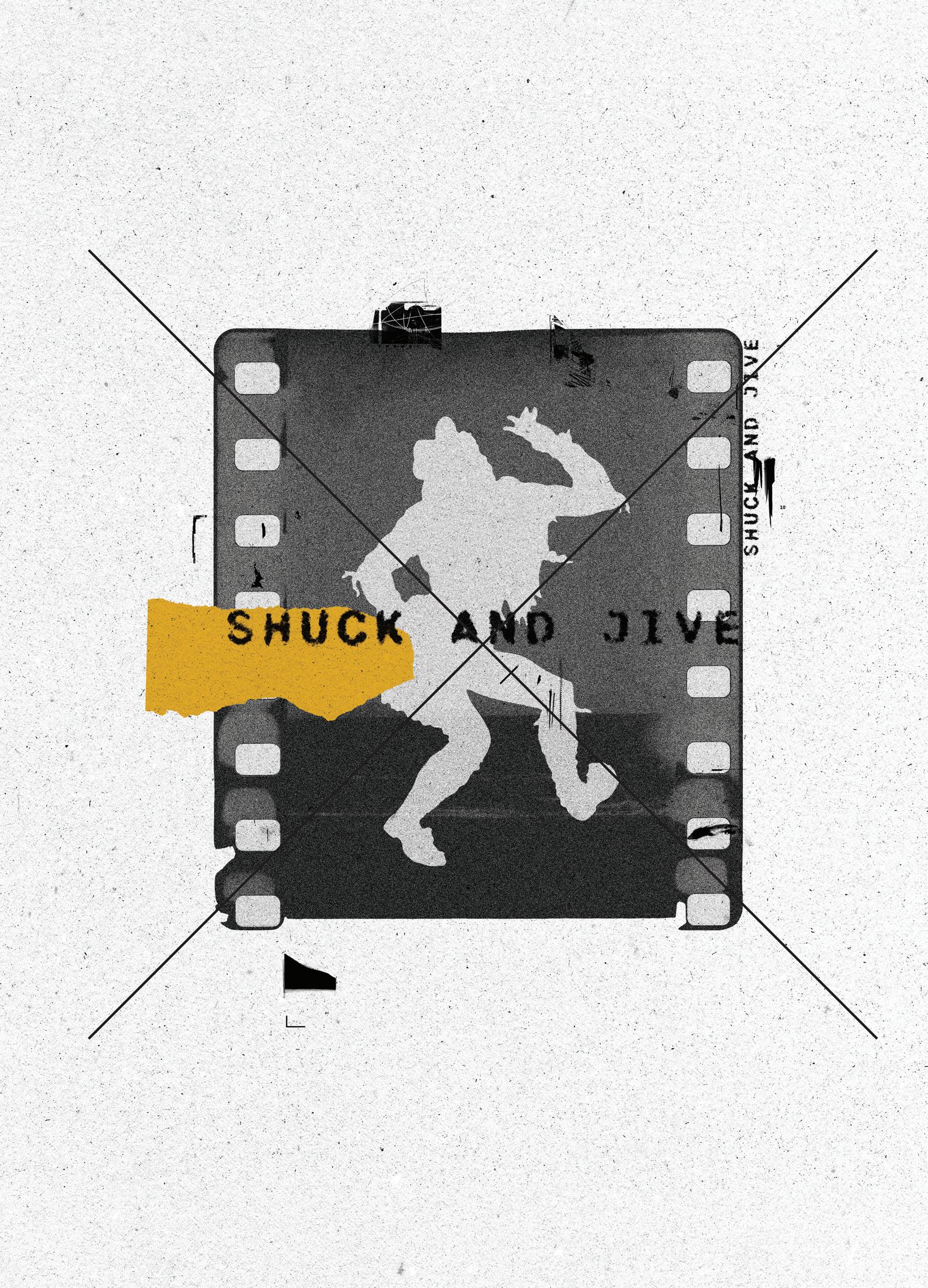

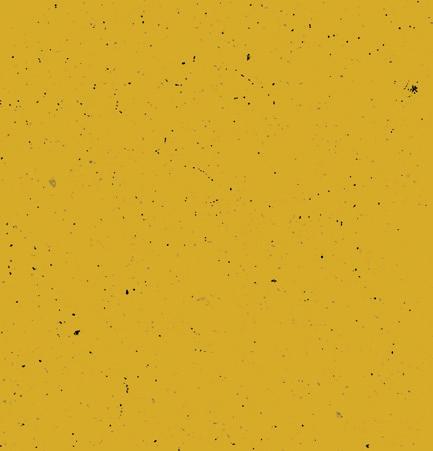
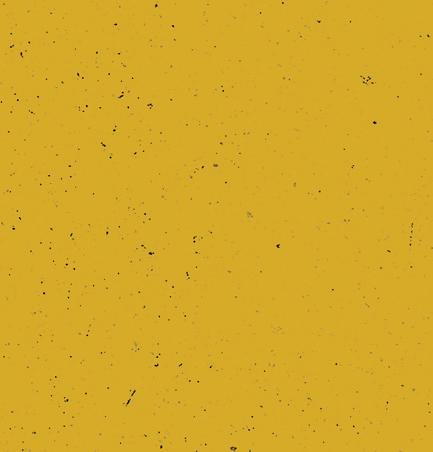
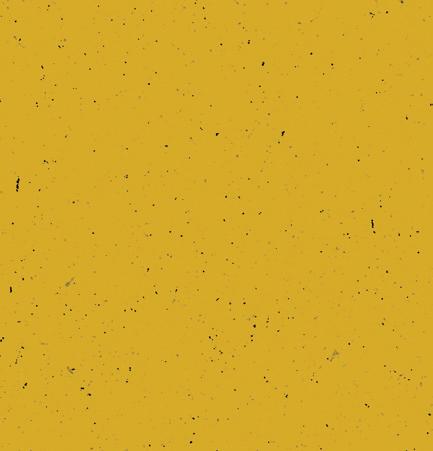
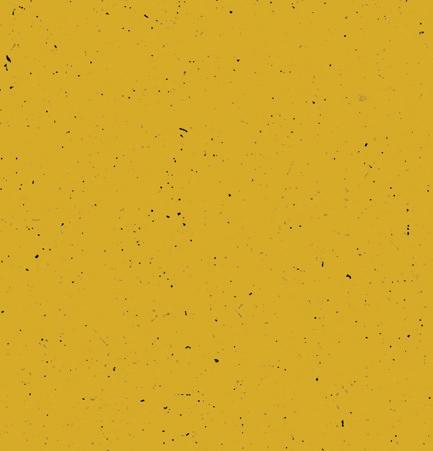
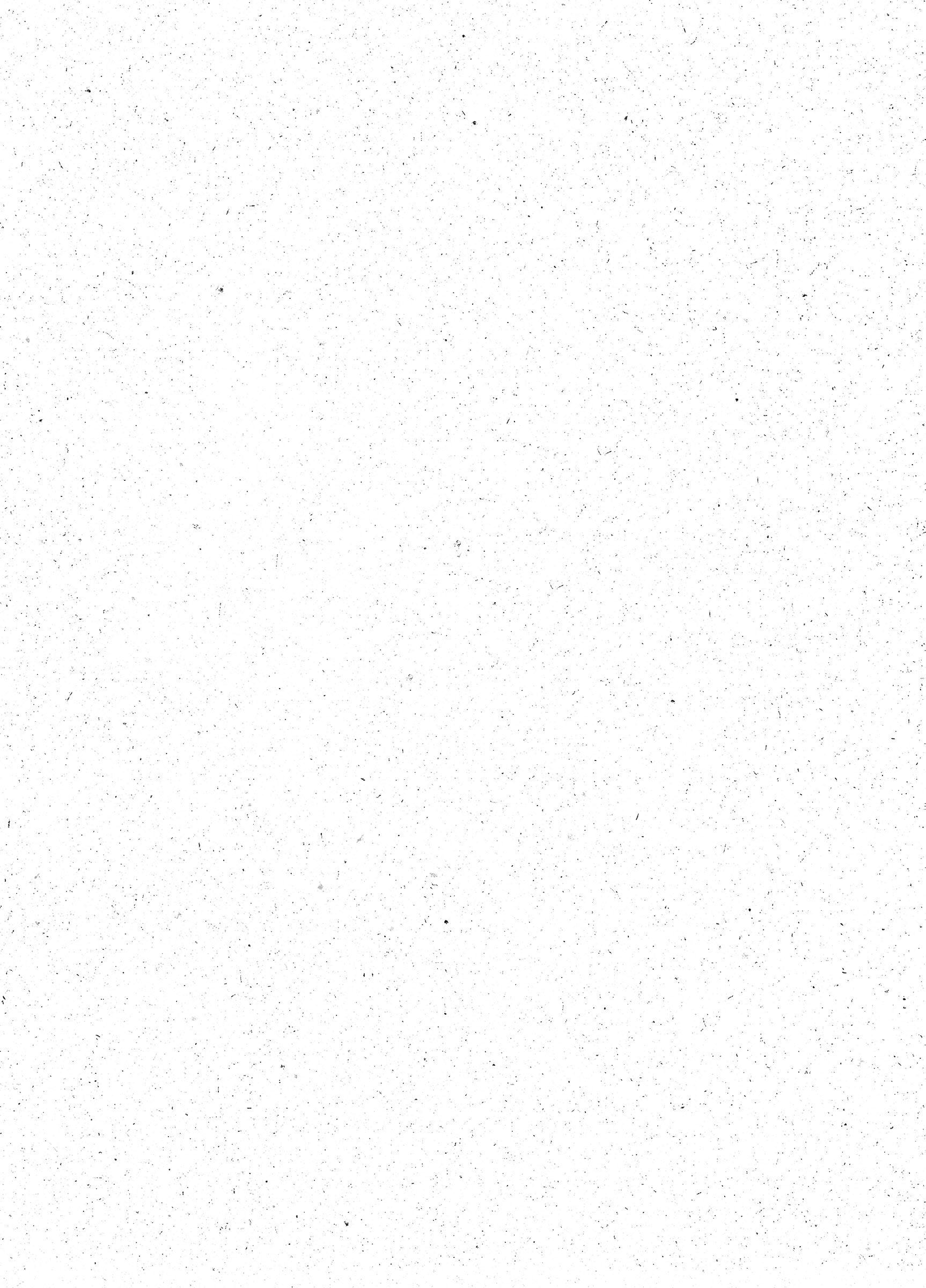



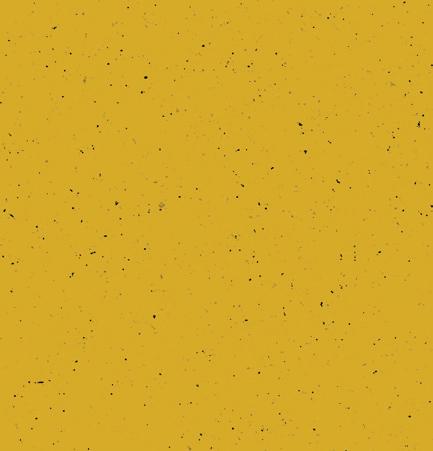
Feet, joints, and soul sore from years of performing the same choreography with a grin.
My worth is nothing more than my movement.

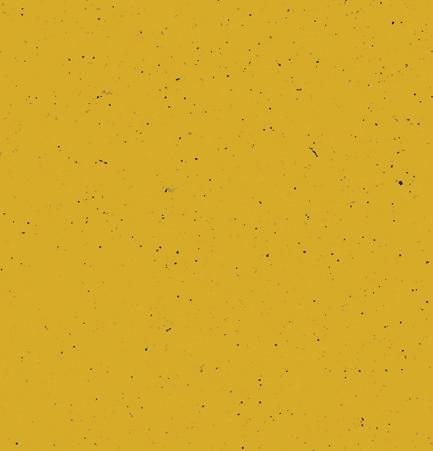
Hairs gray and bonnets faded from concocting sauces, syrups, and rice recipes to be in your kitchen but not at your table.
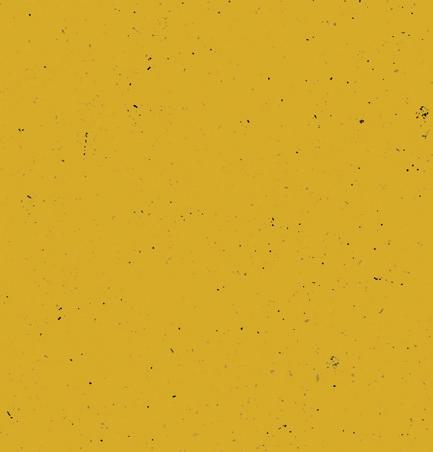

Overwhelmed by the demand, as my work creates a legacy, I mean dollars, I mean monopoly for you but an empty legacy for me.
I lift you to the heavens with my voice.
Notes that you eventually appropriate without credit.

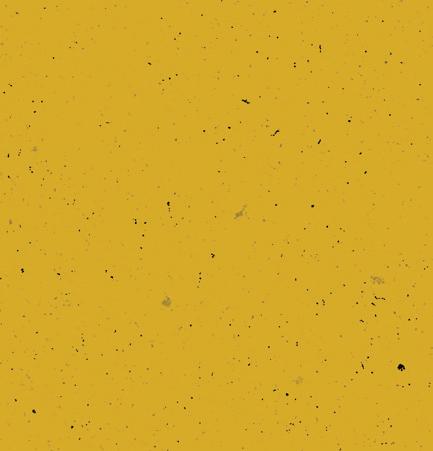
I mean who am I if I’m not entertaining you?
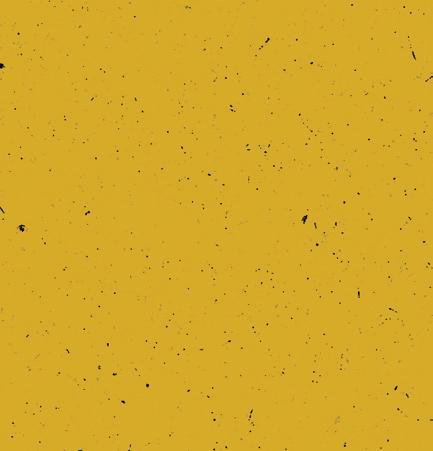
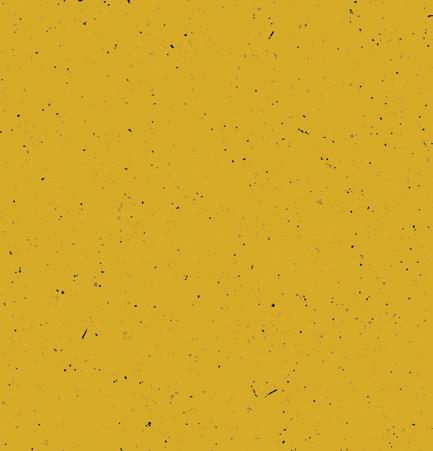
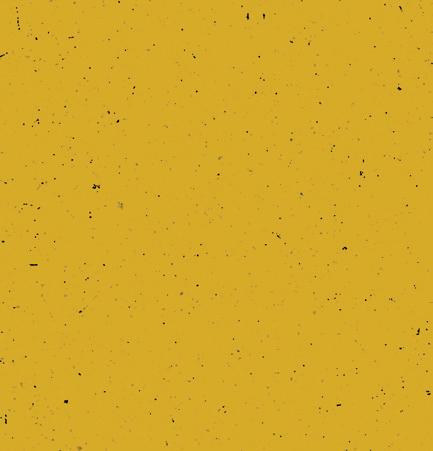
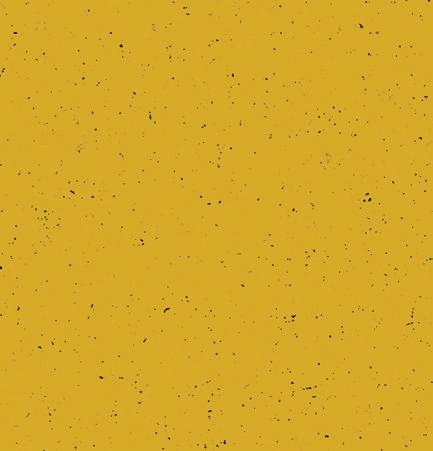
But who are you without someone to steal, I mean borrow, I mean be inspired by
As I run, jump, and score billions for you?
Am I a waste of talent (scratch that) life if I walk, sit, and write?
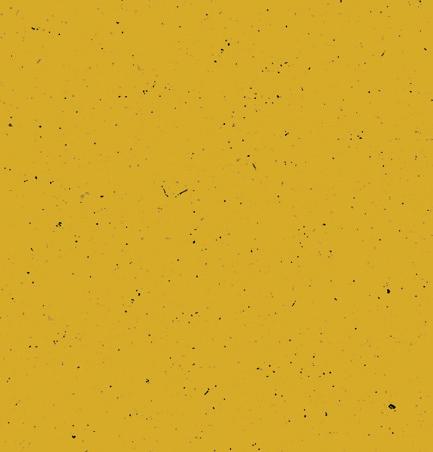
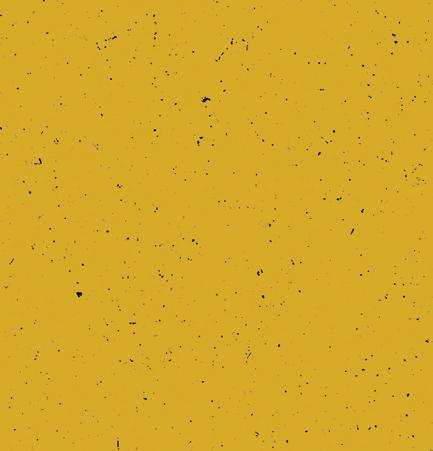
You love my moves, my food, my soulful grooves my zips, my zooms, my cool trap swoon.
But what of my wounds
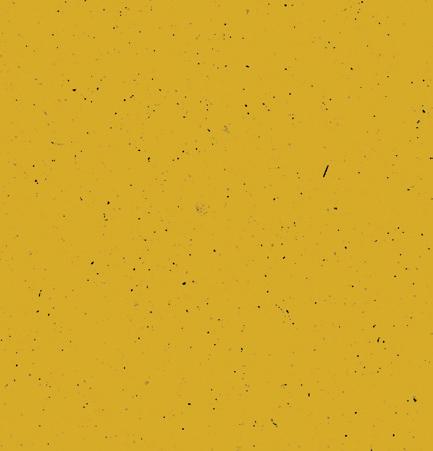
What of my doubts
What of my chains
What of my grief
What if I’m more than the things you consume
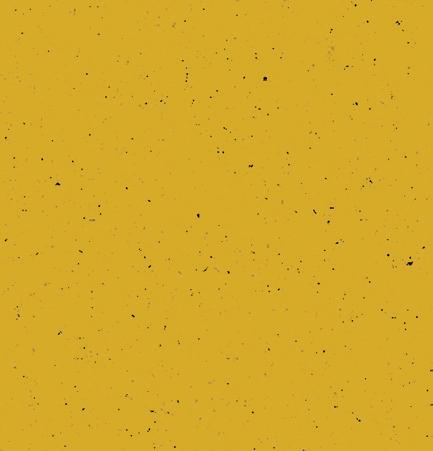
What if I’m human
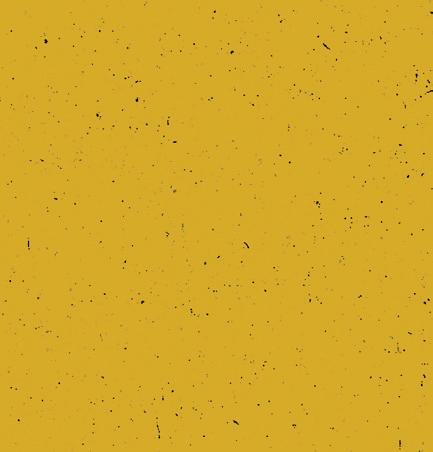
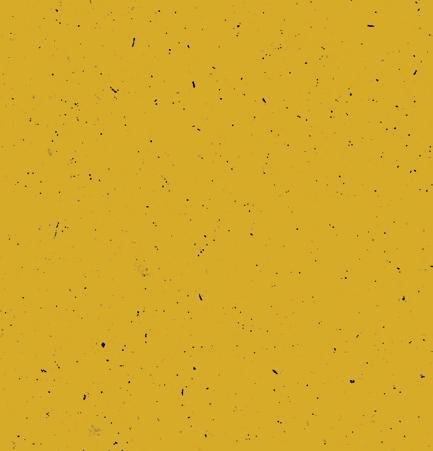
Would it matter to you?
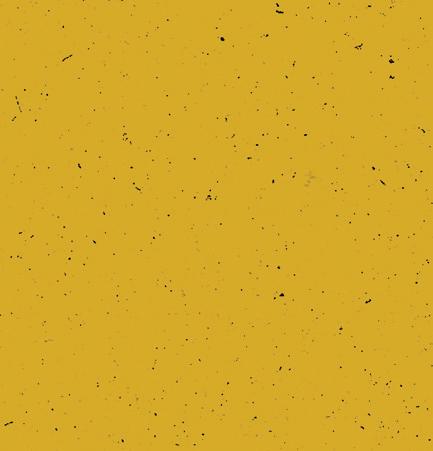
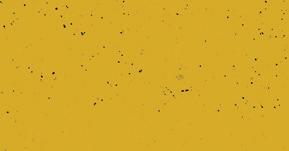

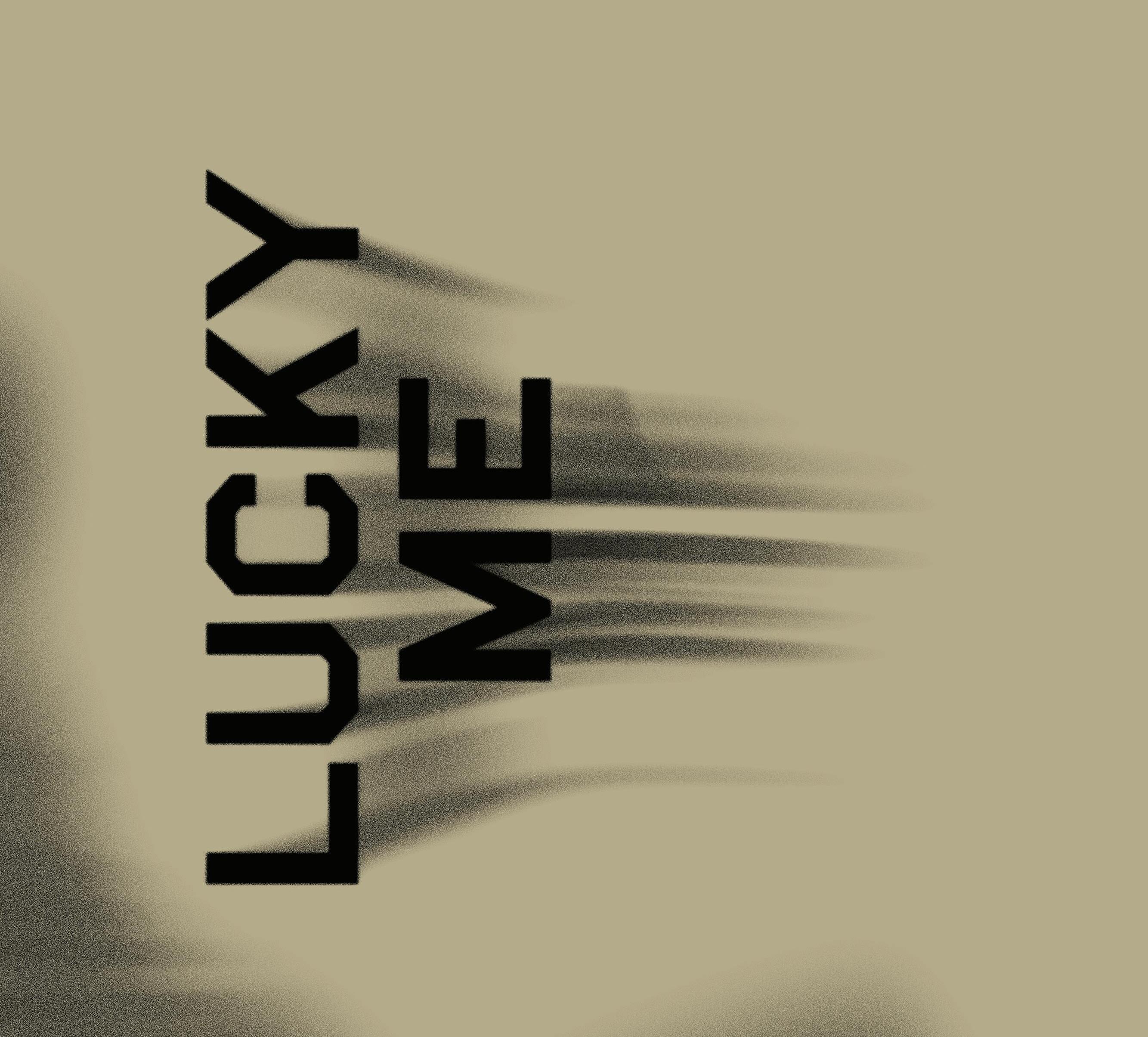
Under the sun I found we were left to drown. Evil abounds, the weight is pulling us down, no sight or sound.

Impaired to His care chasing after the wind, feasting to get full on the delicacies of air.
Deserving of desertion we’re servants of destruction, and every day we taste of a grace that we’re unconcerned with, my sin I should’ve burned with.
I’m guilty, filthy, and stained but He became My curse.
He drank my cup and took my pain and for that He reigns. Through faith I’m changed and I don’t have a reason why He loosened up my chains.
I don’t believe in luck, I believe in grace.
But they say we lucky cuz we seen Your face and we heard Him call us and You heard our answer and You give second chances when we throw our hands up.
So weary and broken, hoping Your arms will open, unconditional love has got us locked into focus.
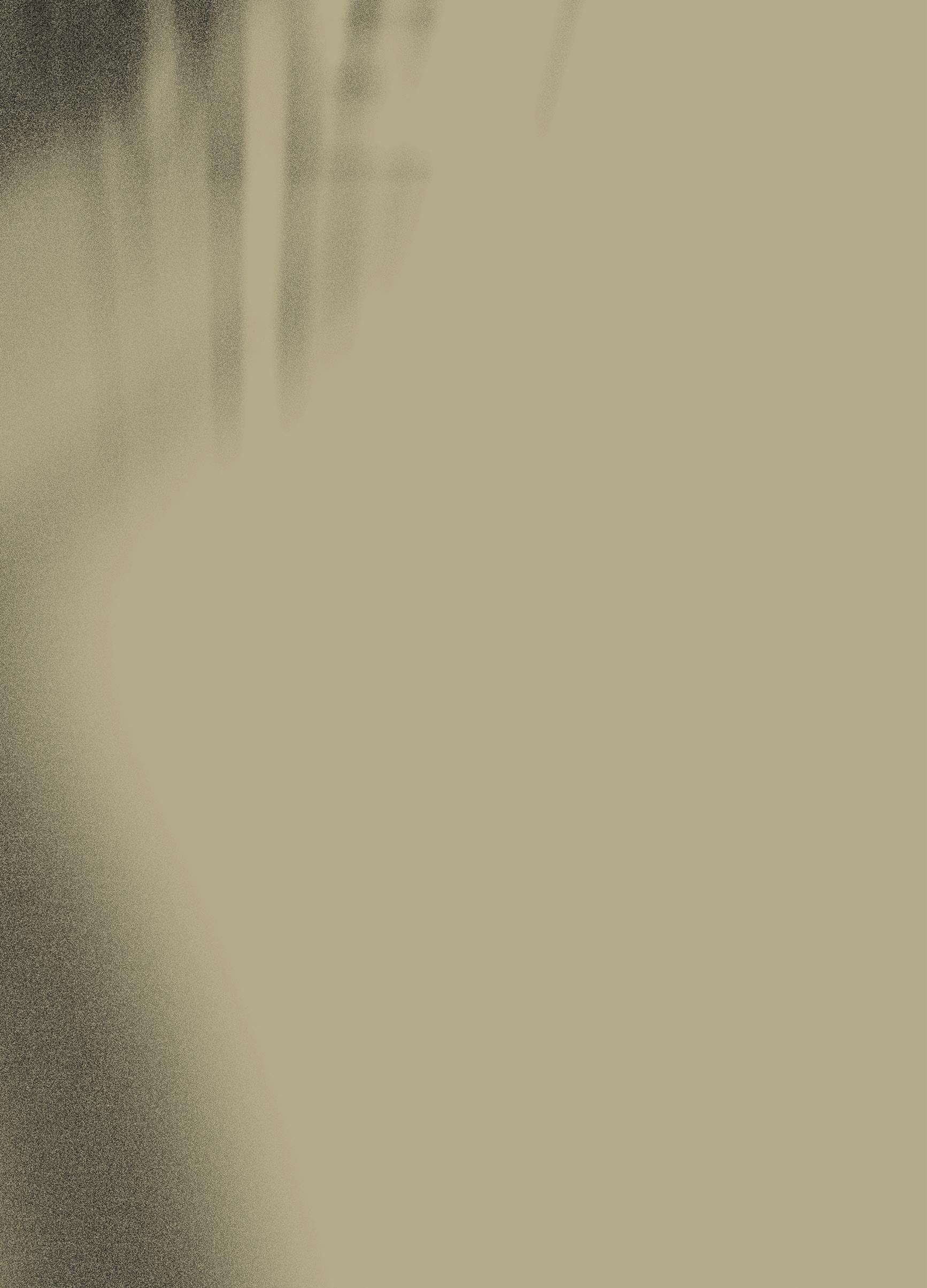
You’re greater than my shame, my guilt, my doubt, and my past.
Fortunate to trust in You cuz I’ve doubted Your plans.
I’ve questioned Your ways. Every question I’ve raised is foolishness compared to mountains, the wind, the waves so mindful of us.
We rise from the dust. You love these cheating, beating hearts and these eyes full of lust.
Gave us power to fight it though we cower in quiet. We have the faith to start a riot, how can we deny it?
Fire inside us that You kindle when it starts to dwindle.
Simply put I’m sinful so Your love is so essential. We heard You call us and You heard our answer and give second chances when we throw our hands up so weary and broken, hoping Your arms will open. Unconditional love has got us locked into focus.
Multi Grammy Award–winning rap artist
Lecrae has left an indelible mark in the world of music and entertainment. His music explores universal topics that bind, challeng ing industry norms with his faith-based rhyming style. He emerged in 2004 with the release of his debut album, Real Talk, and launched his own label, Reach Records. Not only has the perennial superstar proved to be a gospel success, but he’s also crossed over into hip-hop and used his platform to foster a global fanbase. He’s remained consistent and relevant throughout the 2000s, proven repeatedly with groundbreaking albums such as Rebel (2008), which made history as the first Christian hip-hop album to reach No. 1 on Billboard’s Top Gospel Albums chart; Gravity (2012), netting his first career Grammy; and Anomaly (2017), the first Christian rap album to go gold. The last song on Anomaly, titled “Messengers” with for KING & COUNTRY, earned Lecrae his second Grammy win (for Best Contemporary Christian Music Performance/Song) at the 57th Grammy Awards. The LP also earned him his first No. 1 album on the Billboard 200.
The year 2022 was highlighted by the arrival of Church Clothes 4, and the deluxe version, Church Clothes 4: Dry Clean Only, arrived in 2023—thus symbolizing the end of Lecrae’s popular mixtape series. In 2024,
Lecrae started off the year by adding two more Grammys under his belt: one for his Church Clothes 4 project (Best Contemporary Christian Music Album) and the other for his “Your Power” collaboration with Tasha Cobbs (Best Contemporary Christian Music Performance/ Song). Over the years, Lecrae has garnered many awards and accolades, including four Grammy wins, two charttopping gospel albums, a gold and platinum certification, and countless honors.
Beyond the music, Lecrae’s prestige has grown considerably. He’s a New York Times bestselling author, using writing and activism to inspire local communities. The latter is exemplified in his philanthropic work to help instill hope in incarcerated individuals and bring attention to mass incarceration. This has proven to be a recurring theme in Lecrae’s previous partnerships with several nonprofit organizations such as Love Beyond Walls, Prison Fellowship, and Send Musicians to Prison on similar initiatives.
As a record executive, Lecrae has provided a pathway for artists who share his ethos—all of whom are signed to his Reach Records imprint. Simultaneously, he remains a pillar of the culture at large, infiltrating the podcasting community with his show, The Deep End with Lecrae. Throughout his career, Lecrae continues to be a voice for positive change, and his work amplifies his impact.